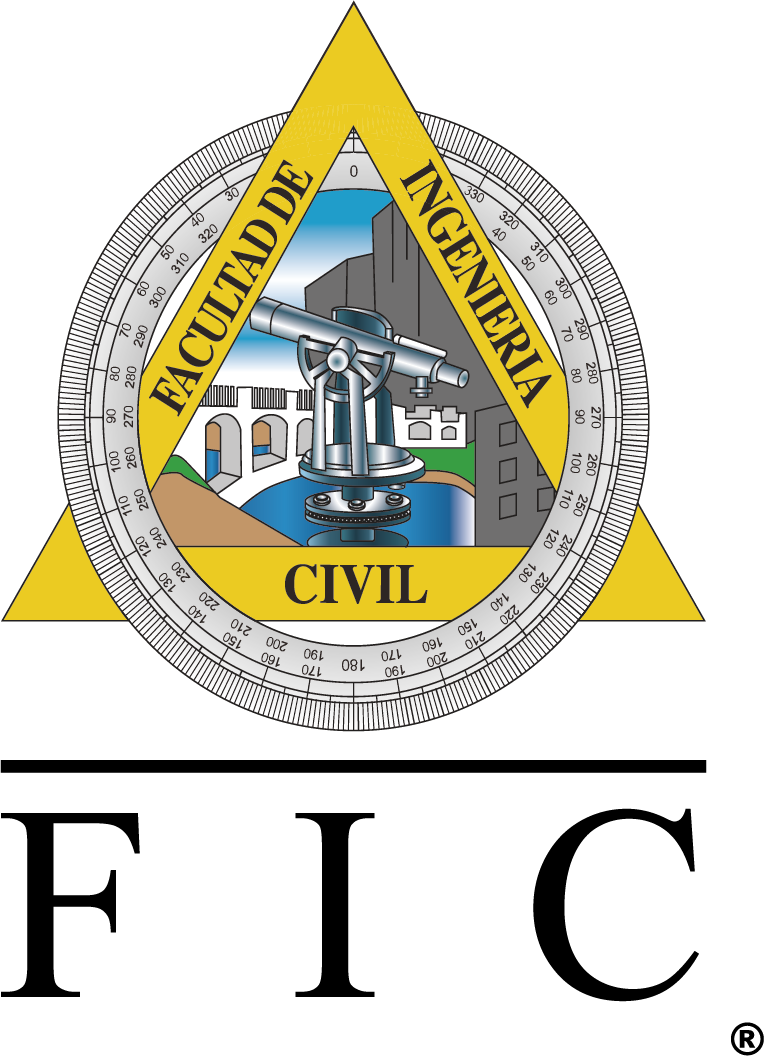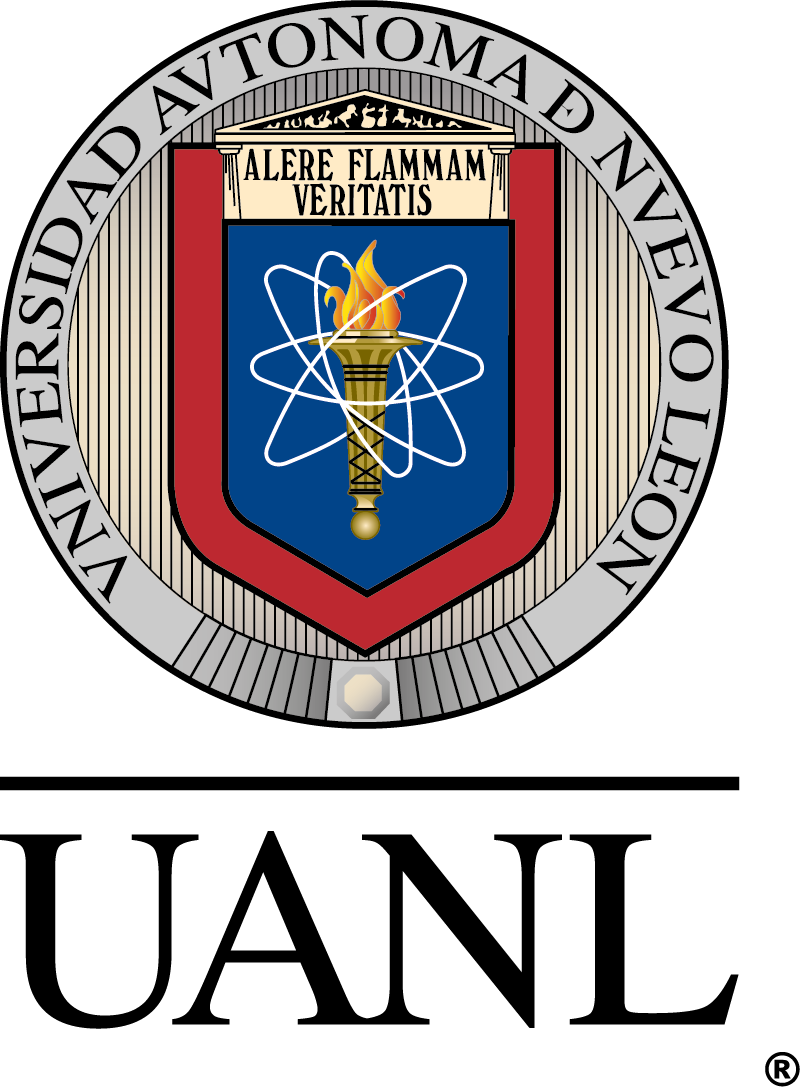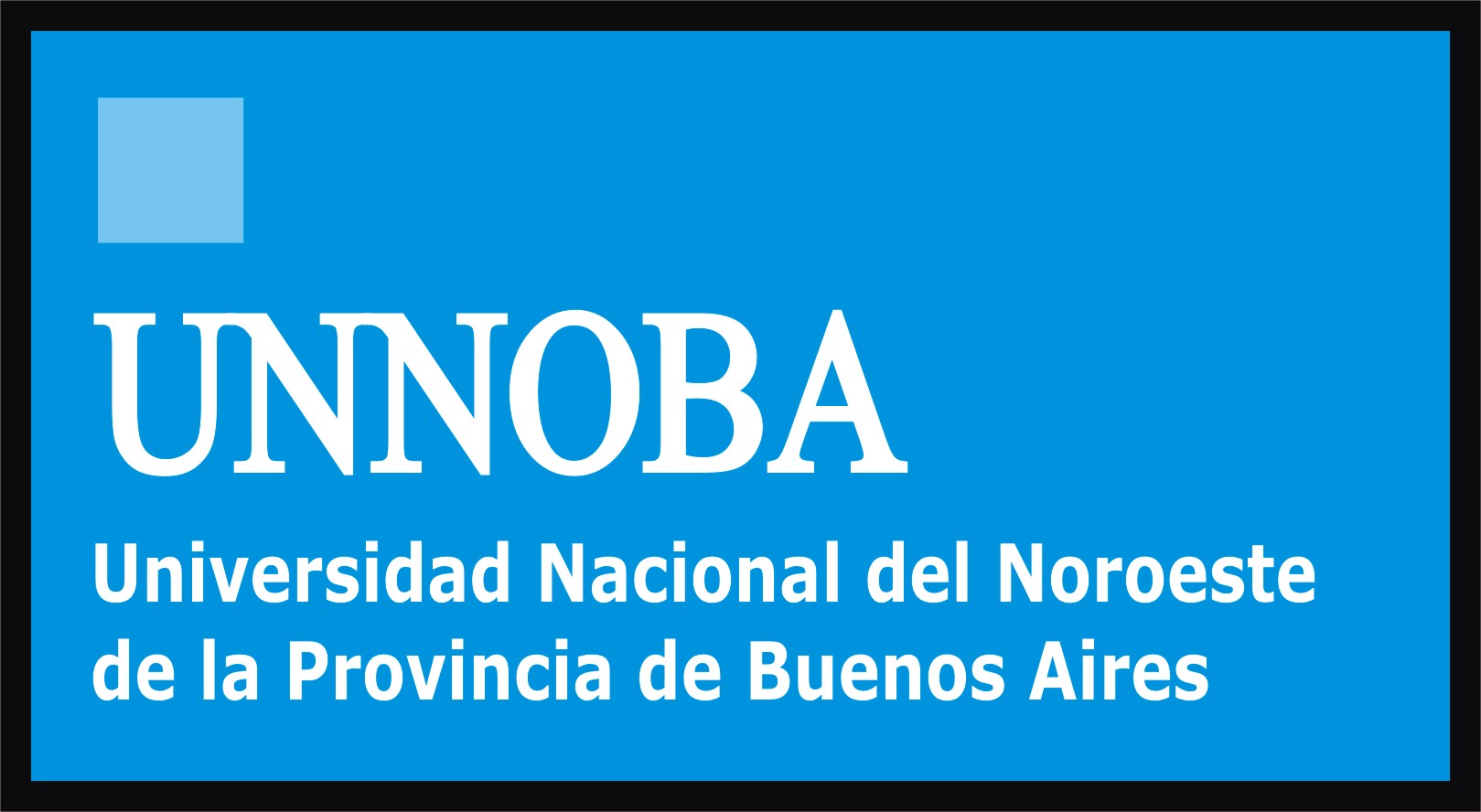RILEM Corporate Members
Corporate members pay a fee, their staff members can participate in Technical Committees and have membership benefits. There are 3 types of Corporate memberships:
Institutional members are research and testing organisations of national renown universities, international or national standards organisations.
Industrial members are large firms or associations in the materials or construction sectors.
Associate members are smaller research, academic or building organisations or companies.
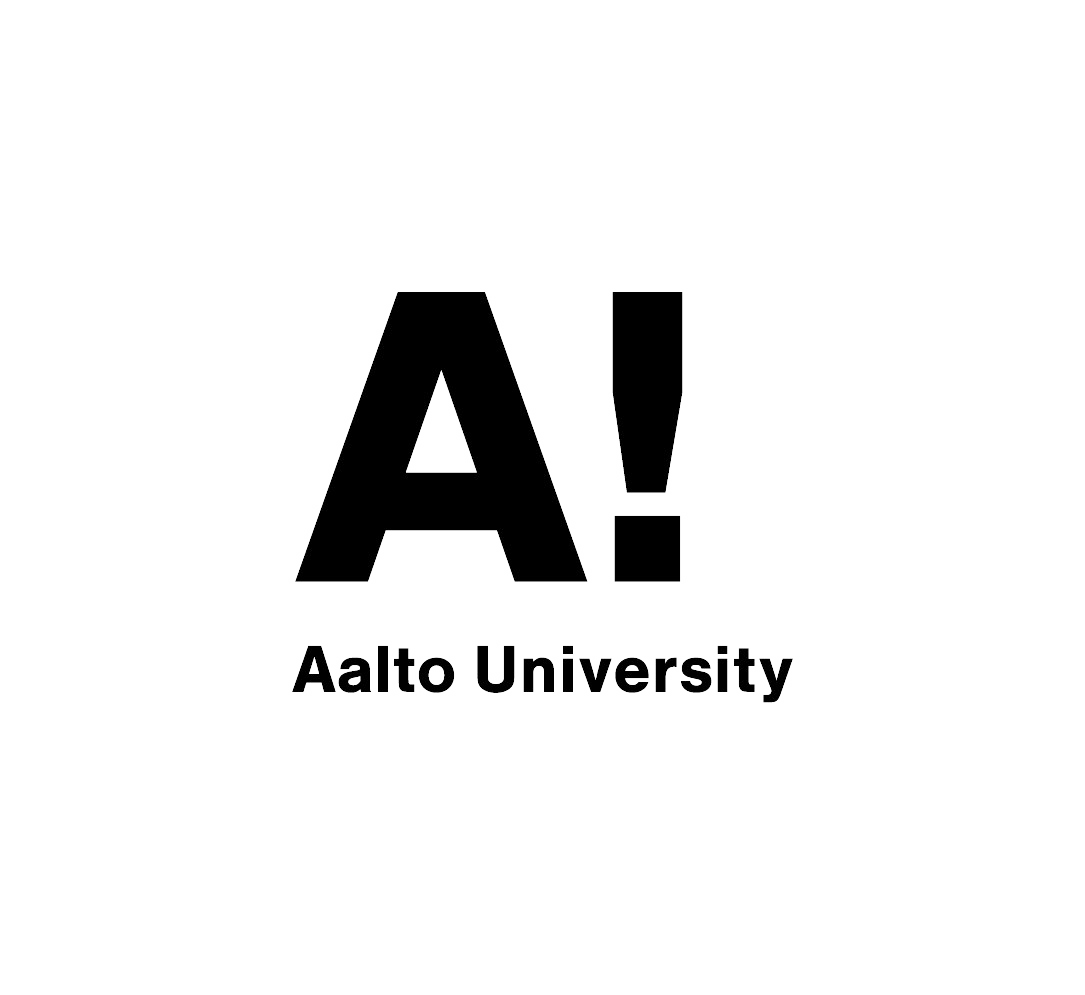 | Aalto University is a community of bold thinkers where science and art meet technology and business. We build a sustainable future by creating novel solutions to major global challenges. We value responsibility, courage, and collaboration. The School of Engineering at Aalto University works in the fields of mechanical engineering, civil engineering, and the built environment. Our community is a collection of students and experts from various backgrounds who share an interest in these subjects, working together on tasks related to research and education. | ||
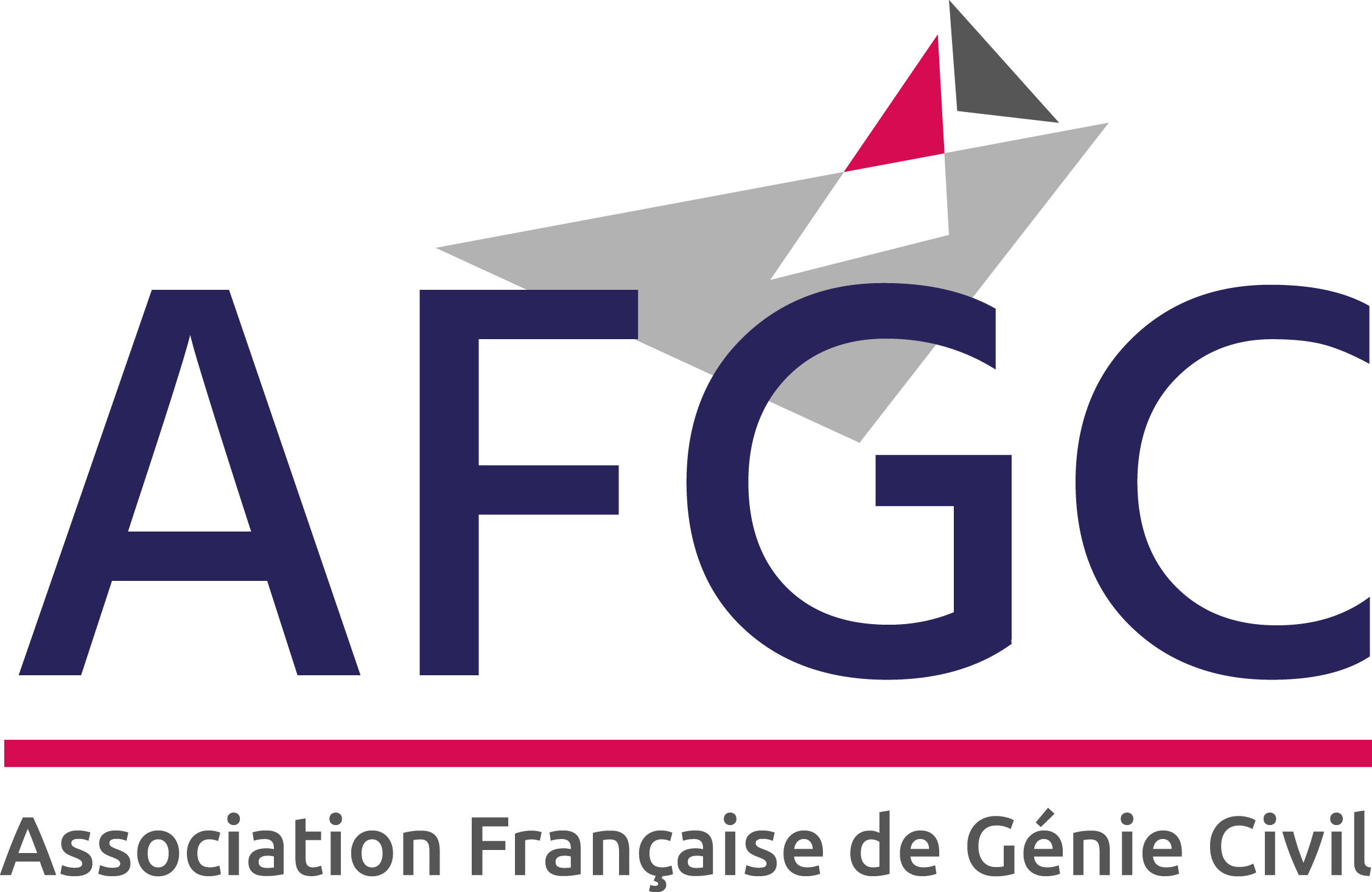 | AFGC - Association Française de Génie Civil L'Association Française de Génie Civil (A.F.G.C.) a été créée en 1998 à la suite de la fusion de l'AFPC et de l'AFREM. Elle constitue un lieu d'échanges entre ingénieurs et chercheurs intéressés par des activités de Génie Civil. Elle a pour objectif de rapprocher le monde des matériaux de celui des structures, le monde de l'enseignement et de la recherche de celui de la conception et de l'application. Elle est la correspondante en France de la RILEM. | ||
 | Architectural Institute of Japan AIJ is an academic association with about 35,000 members. It is not a governmental organization but a non-profit organization for architects, building engineers and researchers in every field of architecture. AIJ publishes results of research and studies and spreads architectural culture through its programs such as exhibitions, symposia and distributes architectural information to the public. The main purpose of the Institute is to cultivate its members’ abilities and to heighten architectural quality in Japan. | ||
| | ARUP Arup is a global multidisciplinary collective of designers, engineering and sustainability consultants, advisors and leading experts dedicated to sustainable development, and to using imagination, technology and rigour to shape a better world. Arup has led and contributed to thousands of high-profile construction and research projects across all continents and pushes the boundaries of current practice towards net-zero. | ||
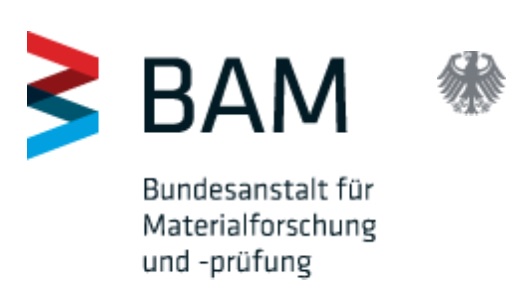 | Bundesanstalt für Materialforschung und –prüfung (BAM) The Bundesanstalt für Materialforschung und -prüfung (BAM) is a senior scientific and technical federal institute and an agency of the Federal Ministry for Economic Affairs and Energy. Its mission is to provide research, testing and advisory support to protect people, the environment and material goods. BAM’s activities in materials science, materials engineering and chemistry focus on the technical safety of products and processes. BAM develops and validates analysis procedures and assessment methods, models and necessary standards and provides science-based services for the German industry in a European and international framework. | ||
 | Base Bahay Foundation, Inc. (BASE) is a non-profit organization based in the Philippines. It is initiated by the Hilti Foundation, which provides alternative building technologies to enable a network of partners to build comfortable, affordable, disaster-resilient, and sustainable homes with social impact. BASE develops technologies using locally grown and renewable materials to create housing envelopes and designs suited to the needs of local communities. | ||
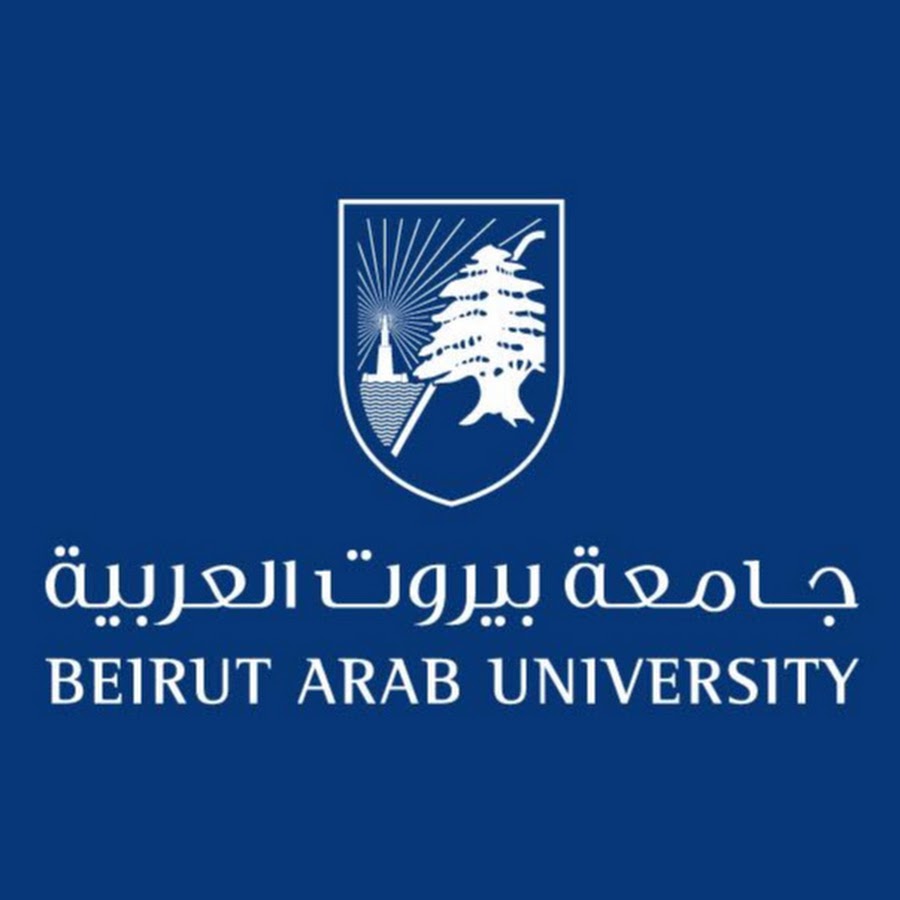 | Beirut Arab University (BAU), established in 1960, is a leading academic institution in Lebanon dedicated to fostering excellence in education, research, and community engagement. With a comprehensive range of undergraduate and postgraduate programs, BAU is committed to advancing knowledge across various disciplines, including engineering, architecture, business, health sciences, and arts. The university’s Faculty of Engineering is renowned for its contributions to innovative research and sustainable development and emphasizes hands-on learning, interdisciplinary collaboration, and the integration of cutting-edge technologies to equip its students with the skills needed to address global challenges. As a hub for academic excellence and societal impact, BAU actively collaborates with international organizations and academic networks to promote research innovation and cross-border knowledge exchange. | ||
 | Belgian Road Research Centre (BRRC) The Belgian Road Research Centre (BRRC) is a multidisciplinary team of experts working every day to promote innovation and sustainability in road construction. We do this through research and development, assistance to the profession, knowledge sharing by means of training and publications and cooperation in regional, national, European and International networks. | ||
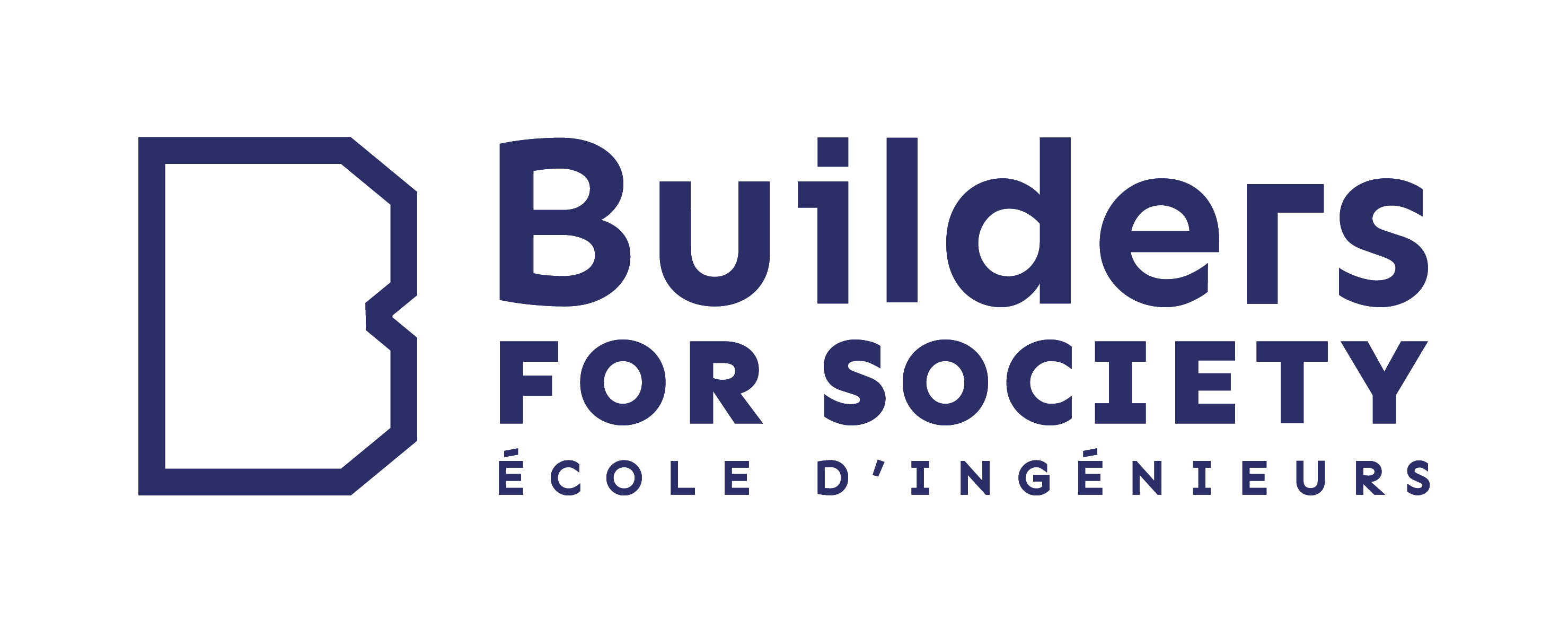 | The research activity of the BUILDERS Lab Research Unit (RU) focuses on construction materials and has the following objectives: i) training through research for engineering students, PhD students, post-doctoral students and trainees hosted within the Research Unit and ii) the production of new theoretical and practical knowledge for companies, partner institutions, engineering students and the scientific community. The research activity of the Research Unit is centred on two main scopes: Materials with low environmental impact in their environment and Thermal and energy systems for buildings and systems. | ||
 | Building Research Institute (BRI) The Building Research Institute (BRI) aims to bring sound and orderly development to housing, building and urban community as a public institute with 70 years of history. For this purpose, it conducts technological investigation, testing, R&D on housing, building, and urban planning, and training programs on seismology and earthquake engineering. The BRI strives to maximize the results of R&D based on a fair and neutral perspective. The BRI is implementing two programs in its fourth medium to long-term plan: the "Safe and Secure Program" and the "Sustainable Program." | ||
 | Buildwise has the following three main missions: - to perform scientific and technical research for the benefit of its members | ||
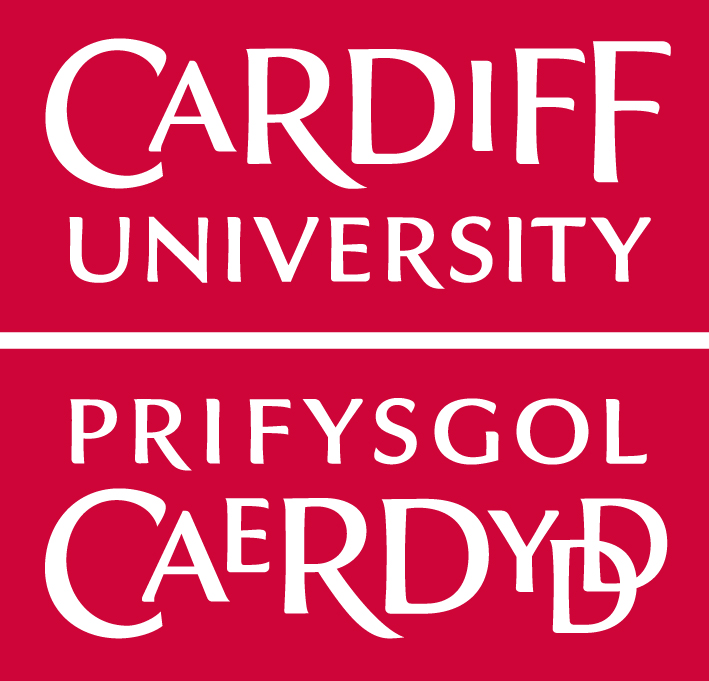 | Cardiff University is recognised in independent government assessments as one of Britain’s leading teaching and research universities and is a member of the Russell Group of the UK’s most research intensive universities. The 2014 Research Excellence Framework ranked the University 5th in the UK for research excellence. Among its academic staff are two Nobel Laureates, including the winner of the 2007 Nobel Prize for Medicine, Professor Sir Martin Evans. Founded by Royal Charter in 1883, today the University combines impressive modern facilities and a dynamic approach to teaching and research. The University’s breadth of expertise encompasses: the College of Arts, Humanities and Social Sciences; the College of Biomedical and Life Sciences; and the College of Physical Sciences and Engineering, along with a longstanding commitment to lifelong learning. | ||
 | CEA - Commissariat à l'Energie Atomique The CEA is a major research organisation working in the best interests of the French State, its economy and citizens. Thanks to its strong roots in fundamental research, it is able to provide tangible solutions to meet their needs in four key fields:
| ||
 | CEDEX-LCEM - Central Laboratory for Structures and Building The Central Laboratory for Structures and Building Materials (Laboratorio Central de Estructuras y Materiales) is, within CEDEX, the organization specialized in structures and in the properties and applications of all types of construction materials. | ||
 | The Center for Better Living (CBL) has the aim of contributing to improvement in living standards of its citizens. In 1974, CBL started work on certifying Quality Housing Components (BL Components) and their dissemination after getting designated as an organization to evaluate BL Components. Center for Better Living contributes to the realization of safer, more reliable, environmentally friendly and sustainable housing and communities through evaluation, testing, registration, and other activities related to architectural design, construction, products and materials and creative research. | ||
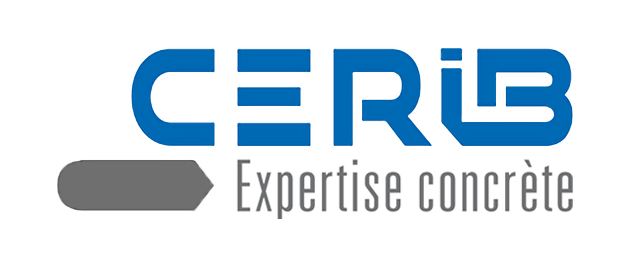 | CERIB - Centre d'Etudes et de Recherches de l'Industrie du Béton CERIB's mission is to contribute to technical progress, to the improvement of productivity and to the development of the quality in the concrete industry. One of the objectives of the Centre is also to improve the environmental knowledge by integrating an ambitious strategy on sustained development, which would respond to the expectations of the building construction professionals. | ||
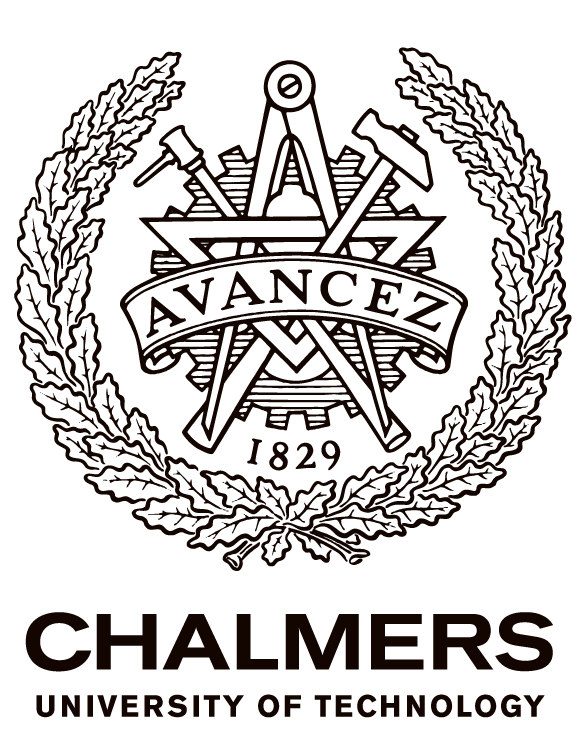 | Chalmers University of Technology Chalmers University of Technology is situated in Gothenburg, Sweden. The Department of Architecture and Civil Engineering represents a broad field of knowledge theory ranging from engineering science to social science to the humanities and design-based, artistic research. These different perspectives enable strong interdisciplinary development in this field and a broader discussion of different aspects of sustainability. | ||
CIMPOR is the leading cement producer in Portugal, and has operations in areas such as cement, concrete, aggregates and mortars.CIMPOR is committed to the decarbonisation of the cement industry and is actively participating in research and development projects for the use of new cementitious materials and alternative paths for the reduction of the environmental impact of the cement industry. | |||
| | CIRCe is an Interdepartmental Research Centre hosted at the University of Padua. CIRCe is the only research centre in Italy devoted to the investigation of cementitious materials and formulation of binders. It performs basic research, applied industrial research, and consultancies. CIRCe aims primarily at developing and promoting high profile research activities into cement-based materials, with the aim of integrating basic with applied and industrial research. | ||
 | Consiglio Nazionale delle Ricerche (ITC) The Construction Technologies Institute (ITC) is a scientific structure within the Italian National Research Council (CNR), the largest Italian research body, which operates mainly in the civil engineering field. ITC expertise is mainly in the field of new construction technologies, with the aim of improving the quality of life and safety of construction works’ users. The Institute offers its scientific, methodological and instrumental competences to the Public Administration and gives technical-scientific support at the national and European level in the activities related to the preparation of technical rules, standards and specifications, with particular attention to innovative products and systems, and with the support of its laboratory facilities. | ||
 | Cracow University of Technology (CUT) The Faculty of Civil Engineering of the Cracow University of Technology (CUT) is one of the largest faculties in Poland, educating future construction engineers in specialties such as: engineering and building construction, road, street, and highway construction, railroad construction, engineering structure theory, bridge construction, underground structures, and construction organization technology. The Faculty of Civil Engineering is a precursor of graduate studies in the English language at CUT. | ||
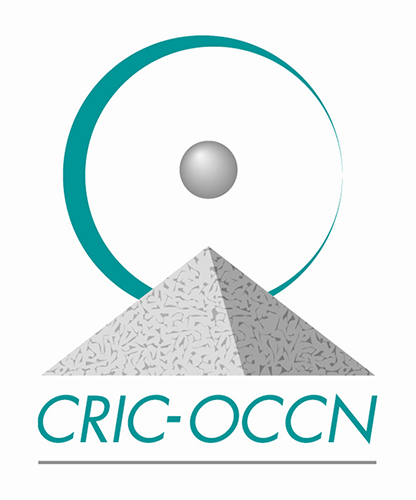 | CRIC-OCCN is the collective research center for the cement sector and the sector of ready-mix concrete. The three main activities of the center of competence are scientific research, service rendering researches and standardisation in the fields of cement, concrete and their components. | ||
 | CSIR-Structural Engineering Research Centre (CSIR-SERC) CSIR-Structural Engineering Research Centre (CSIR-SERC), Chennai, India is one of the national laboratories under the Council of Scientific & Industrial Research (CSIR), India. CSIR-SERC has built-up excellent facilities and expertise for the analysis, design and testing of structures and structural components. Services of CSIR-SERC are being extensively used by the Central- and State- Governments, public and private sector undertakings, and, international clientele. Scientists of CSIR-SERC serve on many national and international committees and the Centre is recognized at the national and international levels as a leading research institution in the field of structural engineering. CSIR-SERC has been certified as ISO 9001:2011 quality institution. | ||
 | CSTB - Centre Scientifique et Technique du Bâtiment
| ||
 | Cugla is a specialist in the development and production of chemical admixtures for concrete and cementitious specialty mortars. For more than fifty years, we have been striving to make the construction world more future-proof with high quality products. Cugla believes that construction can always more efficient, more economical and above all more sustainable. Cugla is known for developing customized products outside its extensive range that are fully tailored to the customer’s need. | ||
 | Delft University of Technology (TU Delft) It was an Act which took effect on 1st September, 1986, that officially transformed the Institute of Technology into Delft University of Technology, also known as 'TU Delft', which has been providing technical education for 160 years. | ||
 | Under the name "DIMK of Serbia and Montenegro" the Society worked until December 7, 2006 when it changes its name and registers as "Society for materials and structures testing of Serbia - DIMK of Serbia". It continues all activities in the field of research and the adequate application of materials and structures in our civil engineering. The DIMK of Serbia works closely with institutes and faculties, as well as other organizations engaged in testing and researching materials and structures in the region of former Yugoslavia. The society regularly organizes congresses and symposiums dedicated to researching and applying the latest achievements in our civil engineering in the field of materials and structures. In the period between congresses, the Society organizes scientific and professional symposiums on current topics of interest to its members. | ||
 | Eindhoven University of Technology Eindhoven University of Technology (TU/e) is a research university of international standing with a strong engineering focus, comprised of 9 departments that together host over 10,000 BSc- and MSc-students, almost 1,500 PhD students, and more than 2,000 academic staff. TU/e distinguishes itself through its collaboration with advanced industries, prominently situated at the heart of one of the world's most influential technology hubs, the Brainport Eindhoven. This strategic location highlights TU/e's reputation for fostering close and strong connections with key industrial partners in the region. TU/e has also invested in building strategic partnerships to foster sustainable, long-term collaborations, exemplified by the international Eurotech alliance, the national Eindhoven-Utrecht-Wageningen alliance, and the 4TU initiative together with the technological universities Twente, Wageningen and TUDelft. | ||
 |
| ||
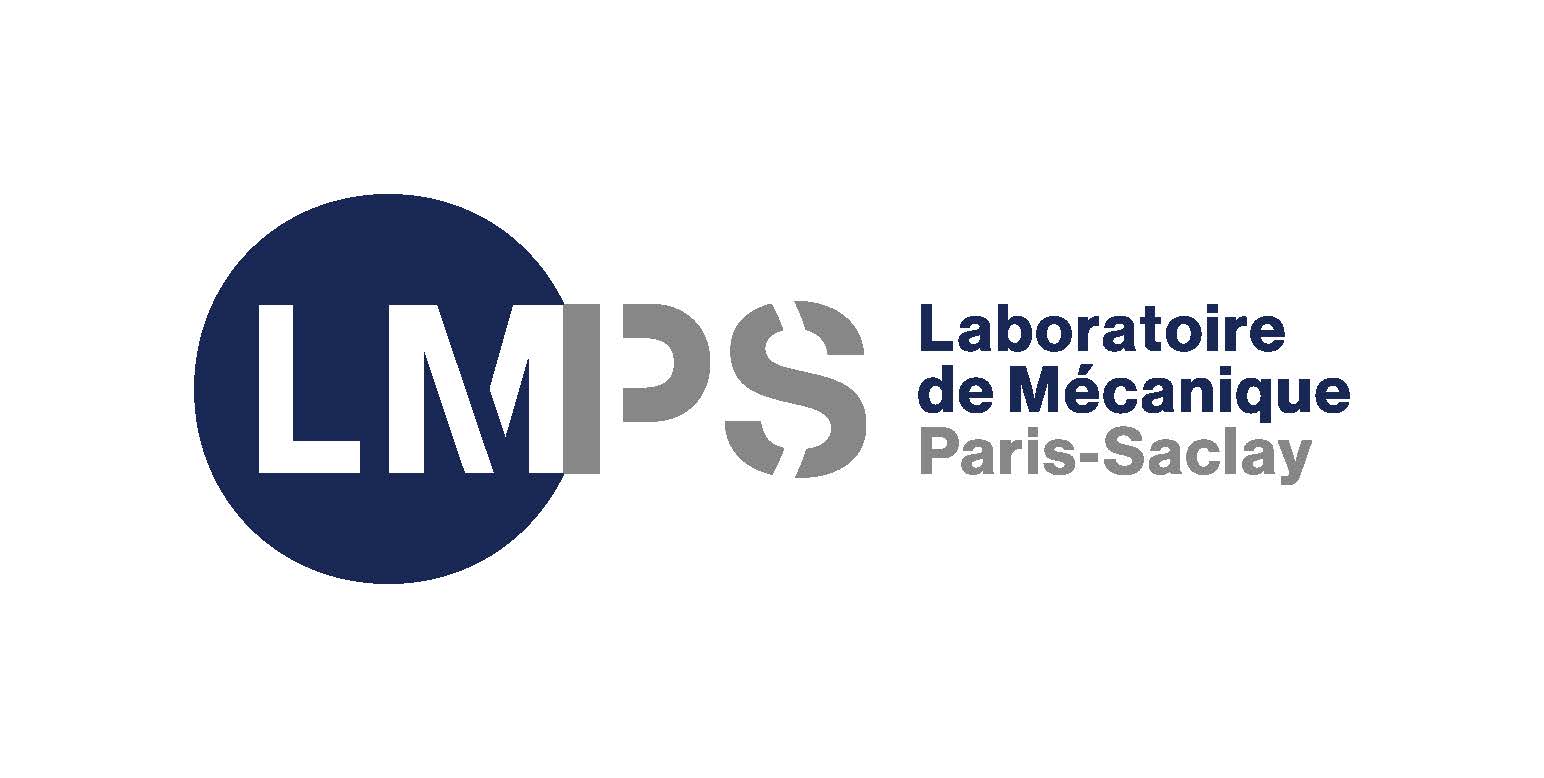 | Paris-Saclay Mechanics Laboratory (LMPS) was created from the merger of the Mechanics and Technology Laboratory (LMT) and the Mechanics of Soils, Structures and Materials Laboratory (MSSMat). The LMPS research activities focus on the experimentation, modeling and simulation in solid mechanics, tackling the challenges in the strategic areas of the development of safe and efficient clean energy, efficient management of resources and adaptation to climate change, sustainable transport and urban systems, the reliability of complex systems and industrial renewal. | ||
 | Innovating to improve construction performance and address energy conservation and sustainable development issues is the challenge driving ESTP Paris and its network of public and private partners. The Constructability Research Institute (IRC), the ESTP Paris research department, is a center of applied research and skills in the Civil Engineering sector, with 4 main fields of excellence: Innovative construction systems, Construction site of the future (Smart construction), Smart and sustainable cities, Smart buildings. | ||
 | Freedom and individual responsibility, entrepreneurial spirit and open-?mindedness: ETH Zurich stands on a bedrock of true Swiss values. At ETH Zurich, students discover an ideal environment for independent thinking, researchers a climate which inspires top performance. Situated in the heart of Europe, yet forging connections all over the world, ETH Zurich is pioneering effective solutions to the global challenges of today and tomorrow. | ||
 | Eurobitume, the European Association of bitumen producers, is a central, unified voice for bitumen producers and marketers across Europe. Working through three key principles of a Unified Voice, Product Stewardship, and Sustainable Development, Eurobitume works holistically as one organisation for the European bitumen industry on different aspects, particularly: HSE (Health, Safety and Environment), Technical, Sustainability. | ||
 | Federal Aviation Administration (FAA) The Federal Aviation Administration (FAA) is an agency within the U.S. Department of Transportation. The Airport Technology Research and Development (ATR) Branch, supports FAA’s continuing mission to provide the safest, most efficient aerospace system in the world by conducting the necessary research and development required to enhance the safety of operations at our nation’s airports and to ensure the adequacy of engineering specifications and standards in all areas of the airport systems and, where necessary, develop data to support new standards. | ||
| Federal Highway Administration (FHWA) The Federal Highway Administration (FHWA) is an agency within the U.S. Department of Transportation that supports State and local governments in the design, construction, and maintenance of the Nation’s highway system (Federal Aid Highway Program) and various federally and tribal owned lands (Federal Lands Highway Program). Through financial and technical assistance to State and local governments, the Federal Highway Administration is responsible for ensuring that America’s roads and highways continue to be among the safest and most technologically sound in the world. | ||
 | Gdansk University of Technology The Gdańsk University of Technology (Gdańsk Tech, former GUT; Polish: Politechnika Gdańska) is a technical university in the Wrzeszcz borough of Gdansk, and one of the oldest universities in Poland. It has eight faculties and with 41 fields of study and more than 18 thousand undergraduate, as well as about 626 doctoral students. It employs 2768 people, including 1313 academic teachers | ||
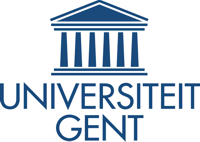 | The Magnel Laboratory was founded in 1926 by the late Prof. G. Magnel to anticipate the need for scientifically based concrete research. Since 1930 the laboratory forms part of Ghent University, Belgium. In those early years, the Magnel Laboratory developed as an important research centre with strong national and international contacts in the field. Today, the laboratory still holds this position. In 2020, the Magnel Laboratory merged with the Laboratory for Model Research, founded by Prof. D. Vandepitte in 1960, to become the integrated Magnel-Vandepitte Laboratory for Structural Engineering and Building Materials. Besides concrete and cementitious materials, also other materials are within the scope of the renewed laboratory, e.g. structural glass, masonry, steel…Further focus ponts include fire resistance and structural reliability. The Magnel-Vandepitte Laboratory contributes to fundamental research, academic teaching and services to industry and society. | ||
 | Graz University of Technology (TU Graz) is a leading European technical university committed to academic freedom, ethical responsibility and innovation. With strong research-led teaching across engineering and natural sciences, it drives the green and digital transformation and fosters an inclusive international community. | ||
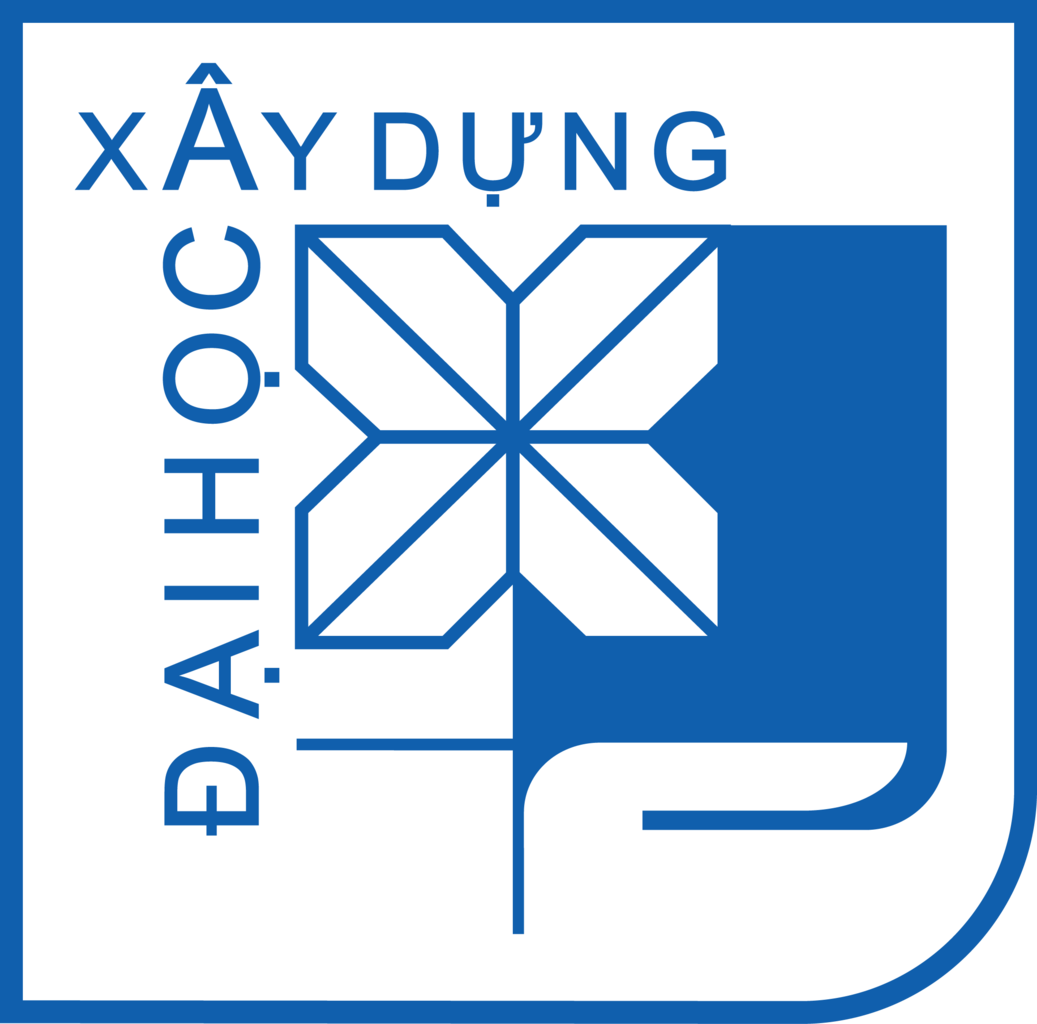 | Hanoi University of Civil Engineering The missions of HUCE are to train high-quality human resources; to conduct scientific research, develop technology and transfer knowledge; and to co-create for the sustainable development of the society and country. | ||
 | HeidelbergCement is one of the world’s largest companies for building materials. The core activities of HeidelbergCement encompass the production and distribution of cement and aggregates, the two essential raw materials for concrete. The downstream activities primarily include the production of ready-mixed concrete as well as the manufacture of asphalt and other building products. The Group-wide R&D activities and the innovations produced by the business lines are combined in two research centres - within the HeidelbergCement Technology Center (HTC) in Leimen, Germany, and in Bergamo, Italy. | ||
 | Rapid change in our world is bringing new challenges for the construction and building materials industries: demographic growth, increasing urban development, climate change, and environmental preservation. As the new leader in this new world, Holcim addresses these major trends by providing what really matters: spaces to live and learn, places to rest and work, infrastructure that facilitates mobility, and innovations that maintain energy supplies. These are the main missions of building materials, particularly those of cement, aggregates, and concrete solutions. In providing what really matters, we will set the standard for the industry as a whole. | ||
Instituto de Ciencias de la Construccion- Eduardo Torroja Institute (CSIC-IETCC) The Eduardo Torroja Institute for Construction Science, a body of the Spanish National Research Council, is a research and scientific-technical support centre serving the construction industry. | |||
 | Instituto Meccanica dei Materiali SA (IMM) Established in 1992 as a test laboratory essentially for the local market, IMM has built up over the years a growing credibility as testing and consulting body at national and international level, participating in the success of some of the major infrastructure projects around the world. IMM offers a wide range of testing services (concrete, road and rail infrastructures, geotechnics and geomechanics, product certifications, technological support, etc.) among which more than 110 are ISO / IEC 17025 accredited tests. | ||
 | Imperial College London is a British public research university, founded in 1907. The college focuses exclusively on science, technology, medicine and business. Its main campus is located in South Kensington, centre of London, and it has an innovation campus in White City, a research field station at Silwood Park, and teaching hospitals throughout London. Imperial College attracts students from all over the world (more than 140 nationalities represented on campus). Frequently ranked among the top ten universities in the world, Imperial College’s contributions to society include the discovery of penicillin and the development of holography and fibre optics. Student, staff, and researcher affiliations include 15 Nobel laureates, 3 Fields Medalists, 2 Breakthrough Prize winners, 1 Turing Award winner, 74 Fellows of the Royal Society, 87 Fellows of the Royal Academy of Engineering, and 85 Fellows of the Academy of Medical Sciences. | ||
 | Indian Concrete Institute (ICI) The Indian Concrete Institute (ICI) stands as a colossal force in the Indian professional landscape, a leading body empowering individuals and organizations deeply invested in the world of concrete. As a non-profit organization, ICI is relentlessly focused on spreading the concrete knowledge, championing advancements in technology and construction, and fueling crucial research endeavours. | ||
| Indian Institute of Technology Madras (IIT Madras) Indian Institute of Technology Madras (IIT Madras) is a public technical university located in Chennai (formerly named as Madras), Tamil Nadu, India. As one of the Indian Institutes of Technology (IITs), it is recognized as an Institute of National Importance and has been consistently rated as one of India's most prestigious universities. Founded in 1959 with technical and financial assistance from the former government of West Germany, it was the third IIT established by the Government of India.IIT Madras is ranked the top engineering institute in India by the Ministry of Education's National Institutional Ranking Framework since its inception in 2016. | ||
 | Institute of Theoretical and Applied Mechanics (ITAM) The Institute of Theoretical and Applied Mechanics was established as Research and Testing Institute of Materials and Structures under the Czech Technical University in Prague Prague in 1921, thanks to the initiative of the Prague university professor and later academician, František Klokner. | ||
 | Institute for Research in Materials and Applications Activities (IRMA)
| ||
 | Our mission is forming high quality and innovativeness in construction through: ensuring development of employees, scientific, research and expert works and responding to the needs of market participants. | ||
 | Iterchimica S.p.A. is an Italy-based company founded in 1967 by Gabriele Giannattasio and owned by the Giannattasio family. It operates in over 90 countries in the asphalt technology market. It manufactures and commercialises products that improve the characteristics of asphalt and road surfaces, increasing their safety, sustainability, efficiency and performance. With the technologies it has developed, Iterchimica is able to create road surfaces with very high percentages of recycled asphalt (up to 100%), thus reducing the extraction of new materials and the employment of virgin bitumen. In addition, the use of specific products allows asphalt surfaces to be produced at reduced temperatures, thus saving energy and reducing atmospheric emissions of CO2eq. | ||
 | Japan Association for Building Research Promotion The Association for Building Research Promotion will deepen cooperation between internal and external testing and research institutions, researchers, and engineers to promote the research and disseminate the results, and collect and transmit information such as research, activities such as testing, diagnosis, survey, etc. In 1977, the Minister of Construction allowed the establishment of an incorporated corporation for the purpose of contributing to the development of the architectural world and the welfare of people's lives. | ||
 | Japan Cement Association (JCA) The Japan Cement Association (JCA), is a trade organization comprised of all 16 cement manufacturers in Japan. The primary roles and activities of the JCA are support of research and development for the purpose of raising the level of cement and concrete technology, engage in awareness campaigns aimed at disseminating knowledge and improving technology concerning cement and concrete, advance the establishment of environment-conscious production systems, mount active responses to the global warming problem, receive waste materials in the interest of helping build a recycling-oriented society and otherwise promote eco-friendly improvements. | ||
 | Japan Concrete Institute (JCI)
| ||
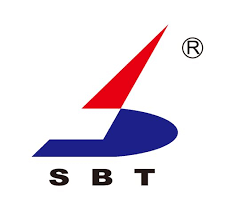 | Jiangsu Research Institute of Building Science Co. Ltd Sobute New Materials Co., Ltd. is an industry-leading supplier of new construction materials. Sobute is mainly engaged in the research, development, production and sales of concrete admixture as well as materials used for waterproofing, reparations and transportation engineering. | ||
 | From the outset, the pillar of the Kerakoll vision has always been to make the difference through sustainable innovation. This belief led first to the launch of Biocalce and Healthy Building in April 2005, i.e. the new take on sustainable building in which the focus is to safeguard health and improve the quality of life, and Kerakoll Design in February 2007, the new contemporary resin surfaces that are a particular favourite with architects, design engineers and interior designers.Over the years, Kerakoll has built up a unique legacy of technical know-how and skills that have allowed the company to carve out a leading place in the worldwide market for GreenBuilding construction materials, becoming the partner of leading design engineers, specialist distributors and corporate clients such as McDonald’s, Armani, BMW, Ferrari, Zara, Diesel, Ikea, Mercedes, Dolce & Gabbana, Swatch and Coca Cola. | ||
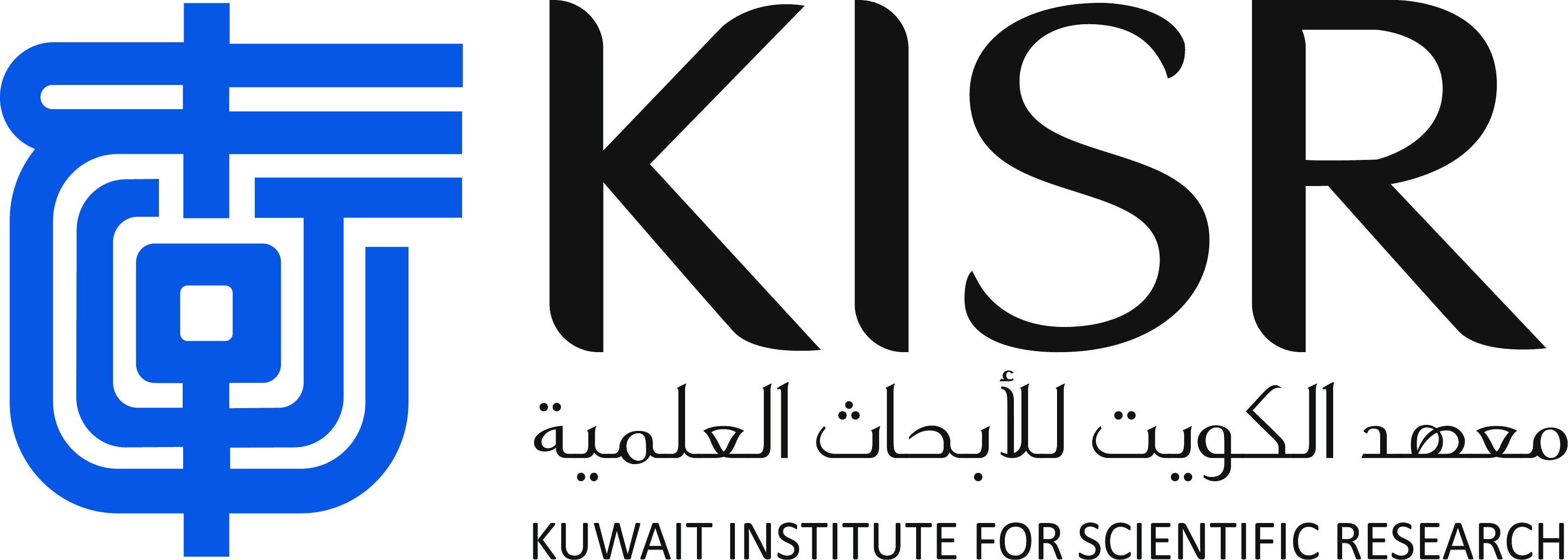 | Kuwait Institute For Scientific Research (KISR) KISR is a pioneering, independent, national institute of scientific excellence. KISR’s initial role was dedicated to developing three fields of national importance: petroleum, desert agriculture, and marine biology. Since then, KISR’s role and responsibilities have expanded greatly to include the advancement of national industry and the undertaking of studies to address key challenges, such as the preservation of the environment, sustainable management of Kuwait’s natural resources, responsible management of water and energy, and development of innovative methods of agriculture. | ||
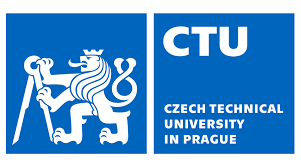 | Klokner Institute (Czech Technical University) Czech Technical University (Klokner Institute) in Prague has various research topics range from artificial intelligence, informatics, cybernetics, and nuclear engineering to architecture, biomedical, civil, and transportation engineering. Klokner institute, as a part of the University and a founding RILEM member, is a major participant in developing international co-operation in research and standardization. Staff members participate in establishing Czech standards. They introduce Eurocodes and ISO Standards in the fields of structural reliability, risk and loading, and they also provide consultations and training courses. | ||
 | The Civil Construction Technological Innovation Laboratory – LABITECC is a Research Center composed of 8 laboratories. Opened in December 2012, LABITECC was created with the aim of meeting the research and innovation demands of the production chain of the construction industry in the central-west region. Mission: Develop innovative experiences in improving more sustainable materials and products with low environmental impact, technical design solutions and development of new materials with high durability and superior performance. | ||
 | Laboratoire d'analyse et d'essais de matériaux de l'Administration des Ponts et Chaussées Le Laboratoire est chargé:
| ||
 | Leipzig University of Applied Sciences (HTWK Leipzig) Leipzig University of Applied Sciences (HTWK Leipzig) offers a combination of practice-oriented teaching and application-driven research. The university stands out among the higher education institutions in the region on account of its exceptionally broad spectrum of engineering and technical disciplines. Along with the fields of Economics, Social Science and Culture, HTWK Leipzig is engaged in a diverse range of teaching and research activities. More than 40 degree courses provide both sound academic knowledge and practical training. There are currently about 6,200 students enrolled at HTWK Leipzig. Long-term and wide-ranging partnerships with companies not only in the region but throughout Germany and Europe, as well as numerous externally funded research projects, demonstrate the university’s high standard of research excellence. | ||
 | The "Laboratoire Matériaux et Durabilité des Constructions" (LMDC) is a university laboratory of research in the field of the science of materials of the civil engineering, located in the university campus of Rangueil in Toulouse. | ||
 | LNEC - Laboratório Nacional de Engenharia Civil Major objectives of LNEC's activity are INNOVATION by the implementation of four year research plans, APPLICATION of new technologies in studies under contract with a view to solve specific problems within the framework of civil engineering and the building construction industry and DIFFUSION in technical and scientific circles of the results of its activities. | ||
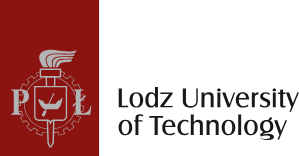 | Lodz University of Technology (TUL) is one of Poland’s top technical universities and an active member of the European Consortium of Innovative Universities (ECIU). With over 80 years of tradition, TUL combines excellence in education and research with a strong focus on sustainability, innovation, and lifelong learning. Its modern, eco-friendly campus fosters a diverse and international academic community. | ||
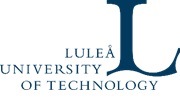 | Luleå University of Technology Major objectives of the group of Structural Engineering is research and education in fields of building materials, construction technology, structural design and full scale testing of structures. In the field of building materials a special emphasis is on nanotechnology, alternative cementitious binders and UHPC. Construction technology focuses of concrete elements and structures. Structural design is spilt into; design of new structures, fracture mechanics and bridge engineering. Unique laboratory facilities enable testing of materials from nanoscale level to failure loading of full size bridge elements. | ||
 | National Institute for Land and Infrastructure Management (NILIM) As the only national research organization in the public capital field in Japan, NILIM conducts research cooperatively with the central bureaus of the Ministry of Land, Infrastructure, Transport and Tourism(MLIT), plans and proposes policies, and prepares technology standards based on laws and regulations, and reflects the results in project implementation. | ||
| National Institute of Standards and Technology (NIST) The National Institute of Standards and Technology (NIST) has the mission to promote U.S. innovation and industrial competitiveness by advancing measurement science, standards, and technology in ways that enhance economic security and improve our quality of life. From the smart electric power grid and electronic health records to atomic clocks, advanced nanomaterials and computer chips, innumerable products and services rely in some way on technology, measurement and standards provided by the National Institute of Standards and Technology. Today, NIST measurements support the smallest of technologies to the largest and most complex of human-made creations — from nanoscale devices so tiny that tens of thousands can fit on the end of a single human hair up to earthquake-resistant skyscrapers and global communication networks. | ||
 | The historic university has a rich tapestry of research, culture and community. It is the home to academic excellence. Newcastle students are taught by those at the very forefront of their fields and equipped with all the practical skills and knowledge they will need to succeed professionally. Newcastle University’s global presence allows to effect change on an international scale and collaborate with the world’s leading researchers. | ||
 | Nottingham Centre for Pavement Engineering (NCPE) The Nottingham Transportation Engineering Centre (NTEC) at the University of Nottingham undertakes cutting edge research into the mechanical performance and durability of transport infrastructure materials in roads, railways and airfields. The research conducted at the centre looks to optimise the performance of these materials as they are exposed to changing loading and environmental conditions. | ||
 | As a result of the intensification of trade in goods and merchandise between suppliers and buyers, the OCC is historically a response to the need for neutral and independent bodies to ensure the regularity of commercial transactions and safeguard the interests of the various partners involved in international trade. | ||
 | The Polish Academy of Sciences, founded in 1952, is one of the most prominent scientific institutions and the largest scientific network in Poland. Gathering both national and foreign members, it is responsible for spearheading the development of science in Poland. The Polish Academy of Sciences is also a network of 68 research institutes, the International Institute of Molecular and Cell Biology and International Institute of Molecular Mechanisms and Machines PAS (IMol) that cover all research disciplines. In various rankings, including the Scimago Institutions Rankings and the Nature Index, the Polish Academy of Sciences ranks first among research institutions based in Poland. | ||
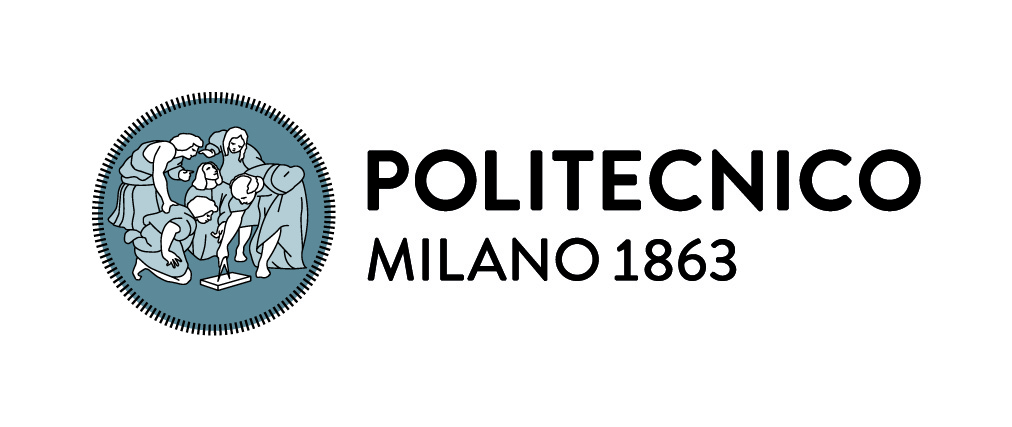 | Politecnico di Milano is a leading Technical University in the field of Mechanical behaviour of materials and structures. The research units which more contribute to Rilem scientific activities are the Department of Architectural, Built Environment and Construction Engineering, the Department of Civil and Environmental Engineering together with the Materials Testing Laboratory. Politecnico di Milano takes advantage of its broad spectrum of skills from chemistry and physics, by applied math, to applied high-tech engineering fields to drive the challenges posed by the progress of modern civil society. | ||
 | Pontificia Universidad Católica del Perú PUCP's aim is to serve as an international reference point for high-quality research, knowledge exchange, and industry–academia cooperation that drives sustainable development and benefits society. We bring together an ethical, inclusive, and collaborative community of scientific and industrial partners committed to excellence, innovation, and the advancement of materials and construction research. | ||
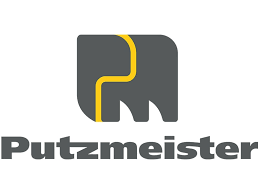 | Putzmeister Concrete Pumps GMBH From modest beginnings to global leadership in concrete pumping, it’s been a long and rewarding journey for Putzmeister. Founded in 1958 on the simple premise of making work easier for an average labourer, Putzmeister today is a 700 million Euro-plus global organisation. The brand commands the respect of customers and the industry for the durability of its products, quality service and for its pioneering technological innovation in the concrete placing industry. | ||
 | RISE is Sweden’s research institute and innovation partner. Through our international collaboration programmes with industry, academia and the public sector, we ensure the competitiveness of the Swedish business community on an international level and contribute to a sustainable society. Our 2,800 employees engage in and support all types of innovation processes. RISE is an independent, State-owned research institute, which offers unique expertise and over 100 testbeds and demonstration environments for future-proof technologies, products and services. | ||
 | Road and Bridge Research Institute The Road and Bridge Research Institute is a state-owned research & development entity, a subsidiary of the Ministry of Infrastructure in Poland. It is involved in research and development projects in construction and maintenance of the road & bridge structures and facilities, specifically roads and road bridges, railway subgrades, railway bridges, and underground structures. Activities of the Institute cover issues related to materials, engineering, organization, economy, and the environment. The research subjects of recent years are primarily concerned with the issues of maintenance of transport structures, including implementation of the Road Surface Maintenance System, Bridge Management System and the developing of the advanced road and bridge maintenance techniques. | ||
 | SAINTGITS College of Engineering Saintgits College of Engineering (Autonomous), founded in 2002, is among the top self-financing colleges in Kerala, India. We are the only autonomous engineering college in Kerala which has seven programmes accredited by the National Board of Accreditation. The University Grants Commission awarded Autonomous status in 2020 based on the excellent track record of the college. The Institute focusses on grooming of student towards professionalism. Our engineering courses and research activities are designed to cater for present and future industry needs, supported by excellent on-campus facilities. The programmes are strongly aligned to industry, professional bodies, and leading universities. | ||
Do not underestimate the power of atoms: nuclear applications can make a difference. Now and in the future. This is why as one of the biggest research centres in Belgium we continue to perform research into them. | |||
 | Sociedade de Empreendimentos Comerciais e Industriais, Lda. (SECIL) | ||
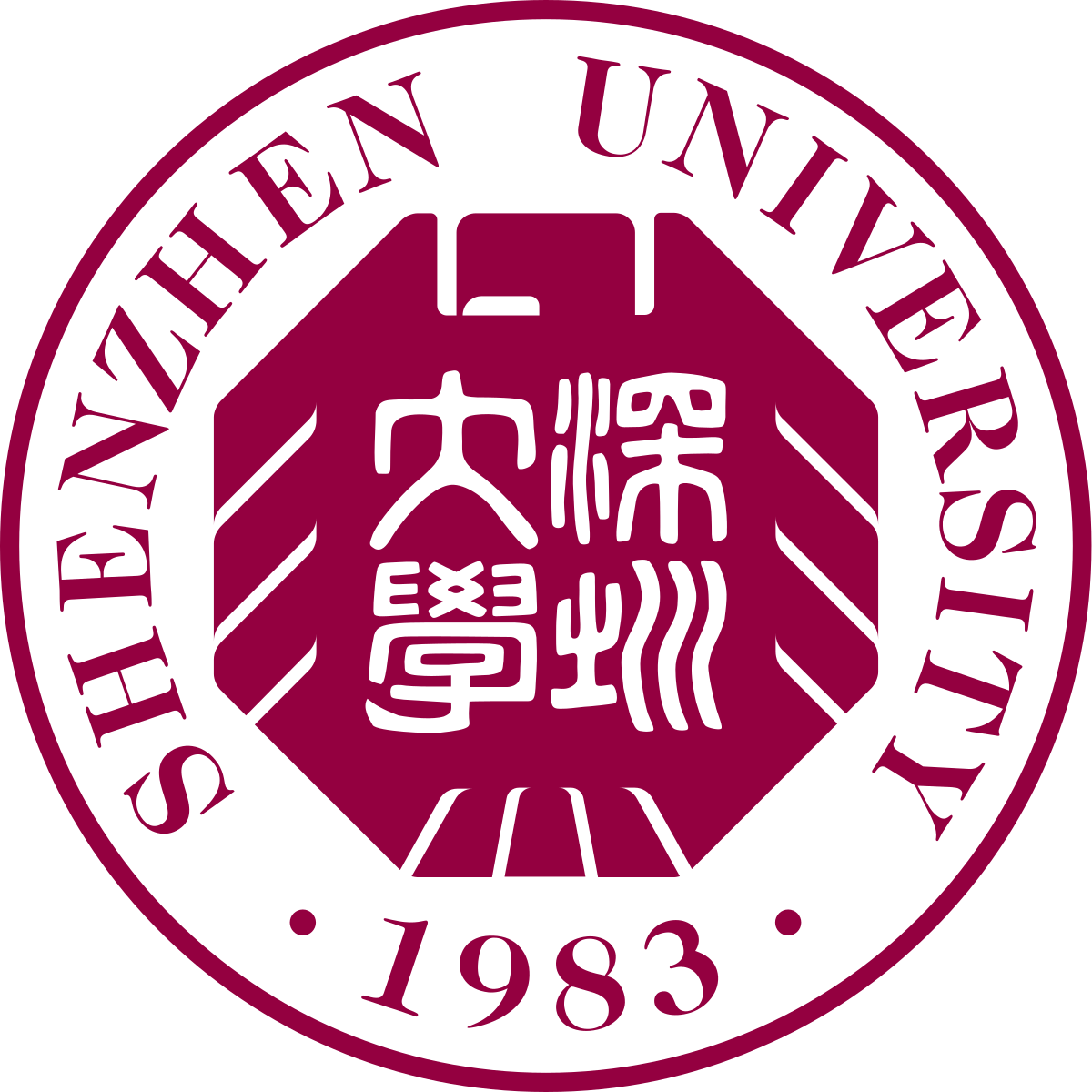 | College of Civil Engineering grew from the Department of Structural and Civil Engineering, one of the earliest departments of Shenzhen University . In September 1985, the department enrolled its first group of undergraduate students . The Department of Structural and Civil Engineering was renamed to the Department of Civil Engineering in 1990. In April 1997, a reform was initiated to reorganize the departments in the form of colleges. The departments of Architecture, Civil Engineering, and Environmental Design made up College of Architecture and Civil Engineering, which was one of the first schools established in Shenzhen University. In September 2006, the college was divided into College of Civil Engineering and College of Architecture and Urban Planning. | ||
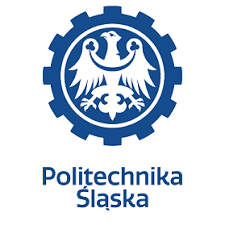 | Silesian University of Technology (SUT) The Silesian University of Technology (SUT), is the oldest technical university in the region and one of the most prestigious in Poland. It was established in 1945 as a scientific and educational facility for Upper Silesia, the most industrialized area in Poland, and one of the most industrialized in Europe. For over 70 years of its history, it has always been a public institution, playing a cultural and opinion forming role in the region. | ||
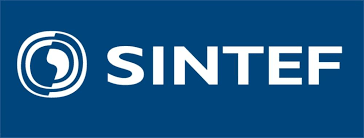 | SINTEF Community is a research institute for the sustainable development of buildings, infrastructure and mobility. We create value for our customers and society through research and development, research-based consultancy, certification and knowledge dissemination through, among others, the SINTEF Building Research Design Guides. We offer specialist expertise in areas such as architecture, building, water, transport, digital transport solutions and economics. We develop future solutions for the built society. | ||
 | Sripath thrives on the challenge of confronting long-standing issues facing the bitumen and asphalt industry, and then engineering additive solutions through research, innovation and testing. Sripath has been developing, manufacturing and marketing a wide range of innovative additives since 2006. Sripath’s engineered portfolio of additives have been tested, evaluated, and vetted by leading experts in academia, industry and transportation agencies from around the world. These products are trusted and used on asphalt roadways across the globe. | ||
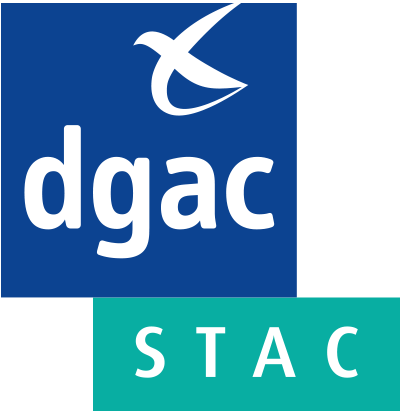 | STAC (The Civil Aviation Technical Service) The Civil Aviation Technical Service (STAC) is responsible for studying, analyzing and modeling all airport activities and air navigation. Its internationally recognized expertise is based on its ability to meet the current needs of society and on its ability to imagine future demands to meet the aspirations of its customers (airlines, airports, industrials ...), and air transport customers, in terms of safety, security and sustainable development. | ||
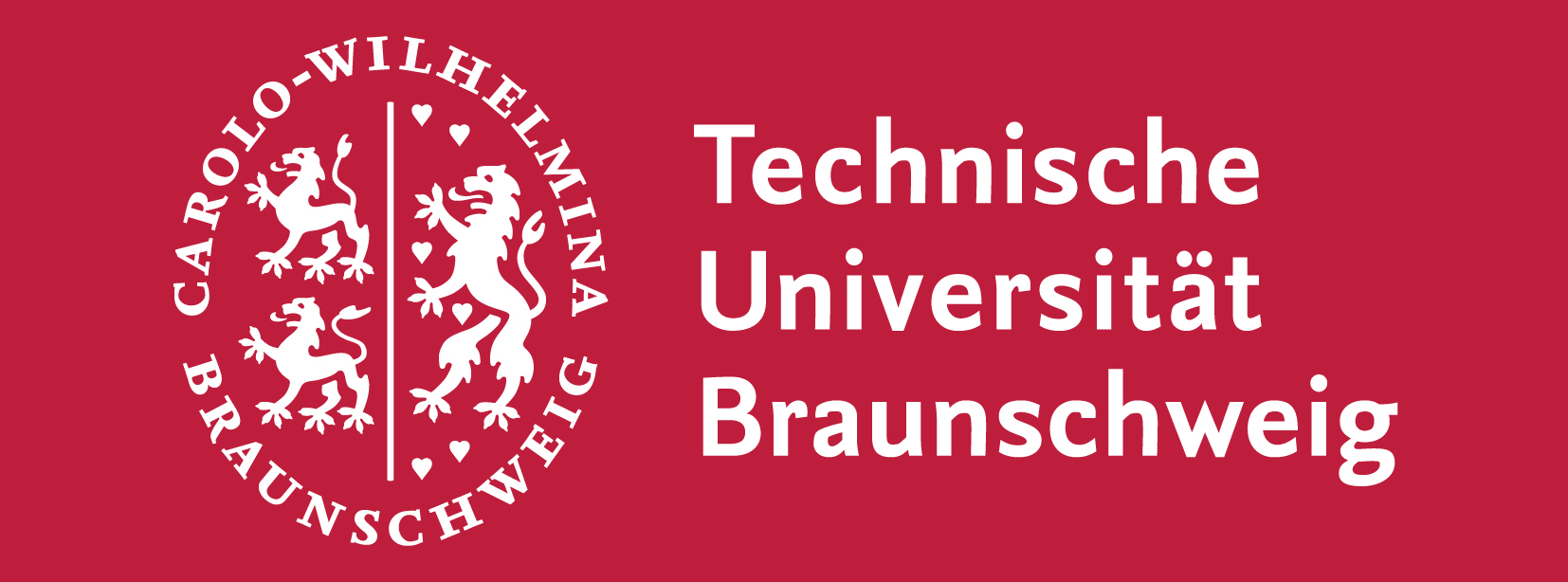 | Technical University Braunschweig Braunschweig Pavement Engineering Centre (ISBS) at Technische Universität Braunschweig, Northern Germany, is a teaching and research institute with the prime objective of improving the design, construction and management of road infrastructure in the field of transportation engineering. The research focuses particularly on highly stressed pavements for highway and airport infrastructures requiring flexible asphalt pavements. With particular regard to the aspects of safety, sustainability and durability, construction materials and construction principles are systematically optimized and new construction methods and maintenance strategies are developed. In the domain of experimental bitumen and asphalt mix research the ISBS runs a most modern testing laboratory. | ||
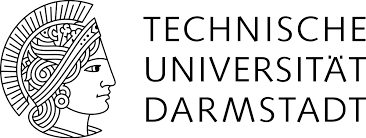 | Technical University Darmstadt Since its foundation in 1877, TU Darmstadt has been characterized by a special pioneering spirit. It is part of our self-image to continuously continue this tradition of innovation. Through outstanding achievements in research, teaching and transfer, we open up important scientific fields of the future and continually open up new opportunities for shaping society. This makes TU Darmstadt one of the leading technical universities in Germany with high international visibility and reputation. | ||
 | Technical University of Denmark (DTU) The Technical University of Denmark was founded in 1829 to develop and create value using the natural sciences and the technical sciences to benefit society. DTU has international educational exchange programs with over 200 universities around the globe, and enjoys close research collaborations with its partners in addition to building research and educational programs. | ||
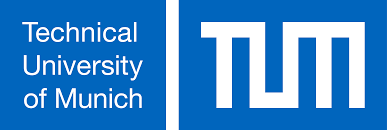 | Technical University of Munich (TUM) Technical University of Munich (TUM) is one of Europe’s leading research universities. Its focus areas are the engineering sciences, natural sciences, life sciences and medicine, reinforced by schools of management and education. TUM acts as an entrepreneurial university that promotes talents and creates value for society. In that it profits from having strong partners in science and industry. | ||
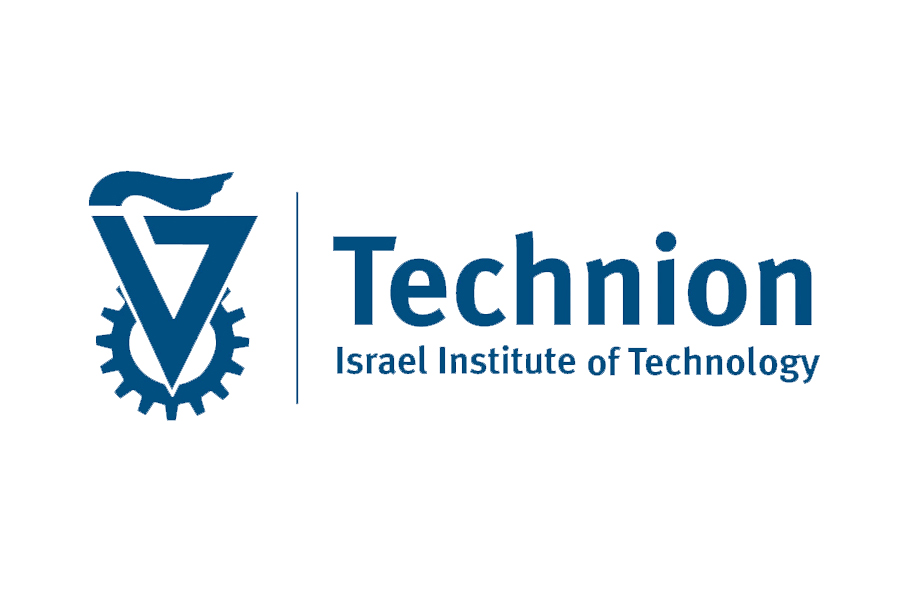 | Technion – Israel Institute of Technology is Israel’s leading science and technology university, recognized worldwide for excellence in education, research, and innovation. With a strong focus on sustainability and technological advancement, Technion fosters a diverse academic community driving progress in science, engineering, and society. | ||
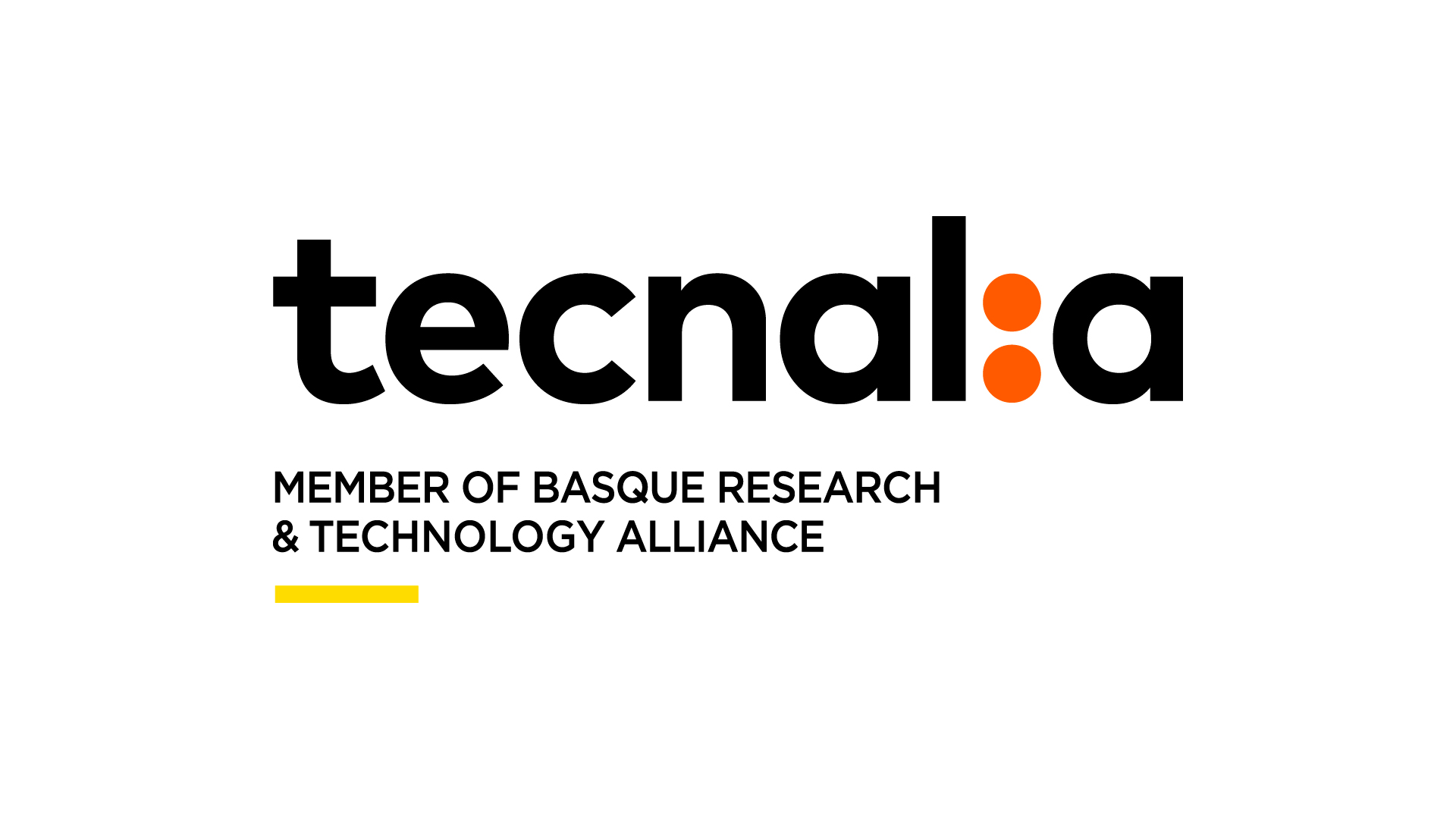 | TECNALIA is the largest centre of applied research and technological development in Spain, a benchmark in Europe and a member of the Basque Research and Technology Alliance. We collaborate with companies and institutions to improve their competitiveness, people's quality of life and achieve sustainable growth. Our main scopes of action are: Smart Manufacturing Digital Transformation, Energy Transition, Sustainable Mobility, Personalized Health and Urban Ecosystem. Our mission is to transform technological research into prosperity; TECNALIA's research has a real impact on society and generates benefits in the form of quality of life and progress. And we work with the purpose of building a better world through technological research and innovation. | ||
 | The Getty Conservation Institute Housed at the Getty Center in Los Angeles, the Getty Conservation institute is:
The work of the Getty Conservation Institute is carried out through four departments: Buildings and Sites, Collections, Science, and Communications. | ||
 | TNO is an independent research organization who believes in the joint creation of economic and social value. Therefore, TNO connects people and knowledge to create innovations that boost the competitive strength of industry and the well being of society in a sustainable way. With over 3,200 professionals at TNO, focus areas include: buildings, infrastructure, maritime, energy, transport, the circular economy and the environment. | ||
 | Road Engineering Research Section (RERS) is the academic partner for asphalt and bitumen research in Belgium. Modelling, mechanical experiments and LCA-methodology are combined in order to design sustainable road pavements. RERS has built up expertise in the following research topics:
Our mission is to bring our expertise into the design and constructing processes of sustainable roads by the sector. | ||
 | BRE Centre for Innovative Construction Materials at the University of Bath (United Kingdom) is leading the way in researching solutions to the environmental impacts of construction and infrastructure. Developing the use of radical, low-carbon building materials and reinforcement technologies for the construction industry, the Centre is assisting in reducing the UK’s eco footprint - vital to mitigate the projected doubling of cement-based CO2 emissions by 2050. | ||
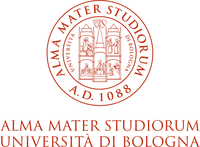 | The University of Bologna, founded in 1088, is nowadays one of the biggest universities in Europe, with +85000 enrolled students, 3000 faculty members and 3000 staff members. Within Horizon2020, it was involved in +230 research projects funded by the European Commission, of which 58 were coordinated by the University of Bologna. The research activity carried out in the Department of Civil, Chemical, Environmental and Materials Engineering and in the Department of Architecture covers the whole spectrum of RILEM topics, ranging from materials science to structural engineering, from Cultural Heritage conservation to sustainable materials for buildings and roads. | ||
 | The Polytechnic School deems that it is essential to share both the decision-making processes and the education and training goals of the young generations of Architects and Engineers.The homogeneous development of the different cultural areas that are called to contribute to education and training activities is a further assurance of quality in research, in teaching, and in the relations with public and private entities.The Polytechnic School - composed of Dean, Vice Dean, and Council - coordinates the teaching activities and manages the common services of the four departments in the Engineering area, as well as the Architecture and Design Department, which together make up the School. | ||
 | Université Gustave Eiffel is a multidisciplinary university of national importance. It also has the distinction of being the first institution to bring together a research institute, a university, a school of architecture and three engineering schools. By pooling its many strengths in the areas of education and research, Université Gustave Eiffel aims to develop by pursuing a strategy based on complementarity between its founding institutions. By creating better synergies in this way, the university can offer the groups it serves a wider range of expertise. Educating young people, employees or citizens at all levels, providing the whole of society with scientific insights ? the ultimate aim of Université Gustave Eiffel is to help raise everyone's level of qualification. | ||
 | The Centre for Engineering Research (CER) at the University of Hertfordshire delivers excellent research and high-quality innovation where original ideas, fundamental and applied knowledge push and continue to develop the frontiers of engineering science in both outputs and impact. Research at CER cuts across multiple disciplines drawing together more than 40 academic and research staff and over 70 PhD and EngD students from electrical and electronic, material and manufacturing, civil engineering, aeronautics and mechanical engineering and their associated disciplines. These include power, embedded systems, communications, information engineering, construction materials, aerospace structures, civil engineering & built environment, energy, microfluidics, microengineering and bioengineering. | ||
 | University of Minho was founded in 1973 and is one of the world's best universities under 50 years. The rankings in the field of Civil Engineering (ARWU, NTU QS and THE) place UMinho in the top 200. The Department of Civil Engineering includes about 50 faculty members, 25 post-doctoral collaborators and 80 PhD students. Research, Development and Innovation work in materials and structures is supported by over 2000 m2 of lab, with modern equipment, two strong floors, one biaxial reaction wall and one uniaxial reaction wall, state of the art NDT and a new shaking table. | ||
| Facultad de Ingeniería Civil (FIC), Universidad Autónoma de Nuevo León (UANL) - Mexico FIC-UANL is a school of Civil Engineering recognized for its high-level academic programs in the areas of construction materials and concrete technology, thanks to the capabilities of its Civil Engineering Institute and its new Materials Innovation and Research Center in Construction Materials (CIIMAC), since this allows Professors and Students attached to their graduate programs in construction materials, to develop state of the art experimental work. | ||
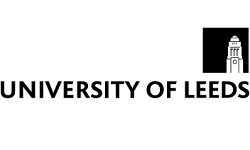 | Research in the School of Civil Engineering contributes to delivering the infrastructure that we all rely on in everyday life. We have an ethos of working at the interfaces with other disciplines to tackle key societal and technical challenges, and our research has an impact at a global scale. We have strong partnerships within the University of Leeds, including long-standing collaborations with the Institute for Transport Studies and the Centre for Global Development and a leadership role in two major initiatives: water@leeds, an interdisciplinary centre for water research; and Cities, a University-wide research theme. | ||
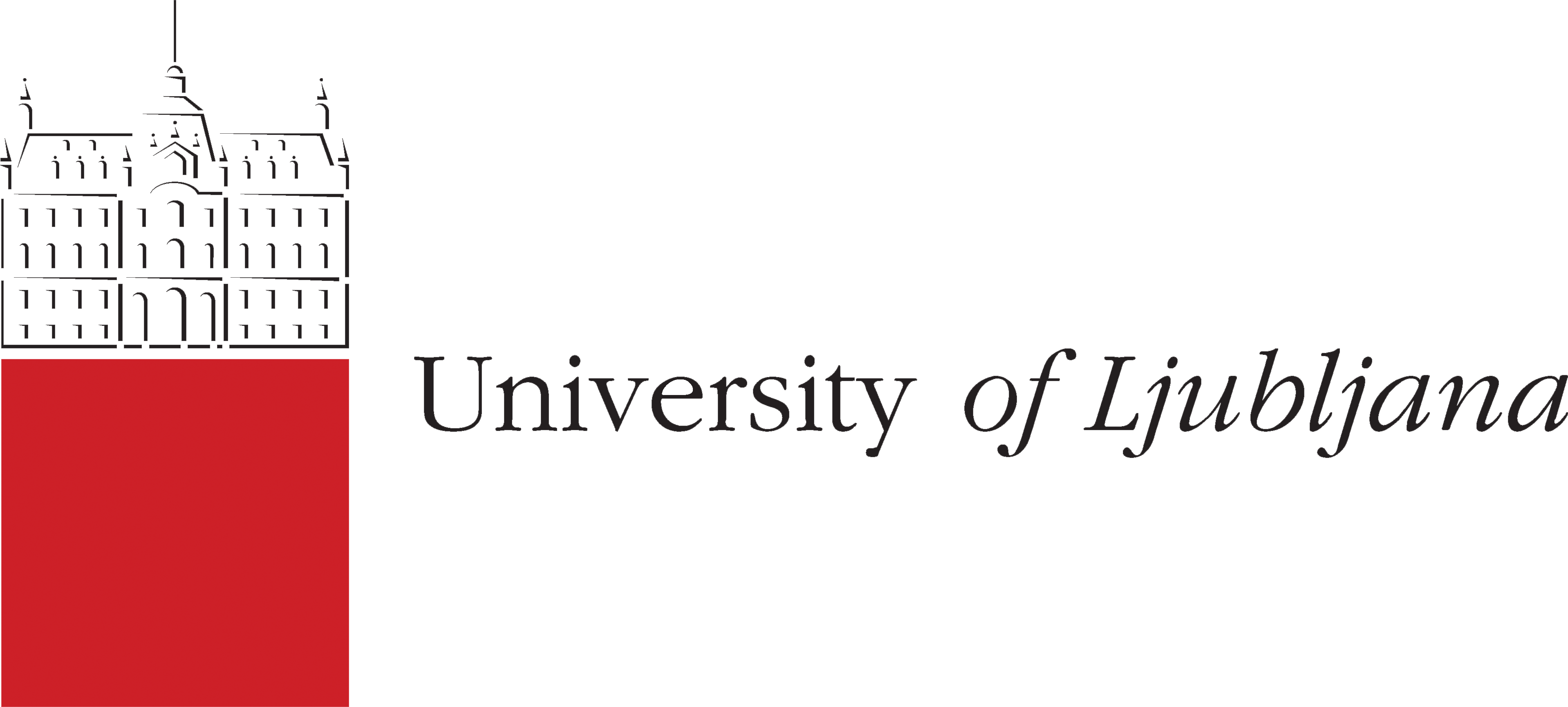 | UL FGG is one of only two faculties providing civil engineering knowledge and the only faculty for geodetic engineering and water science and environmental engineering in Slovenia. Thus, all three main areas of study programmes (Civil Engineering, Geodetic Engineering and Water Science and Environmental Engineering) affect importantly and directly the personnel structure in the economy, as well as in the state administration and local communities. | ||
 | The Fibre and Particle Engineering research unit at the University of Oulu focuses on sustainable inorganic and bio-based materials within the framework of the circular economy and bioeconomy. We also specialize in sustainable and alternative cements, construction materials, and the utilization of industrial side streams. Our expertise includes providing education in particle and bioproduct technology through the process engineering program. Additionally, our research services encompass the analysis and processing of inorganic and lignocellulosic materials. We collaborate closely with universities, research institutes, and companies in Finland and across Europe. | ||
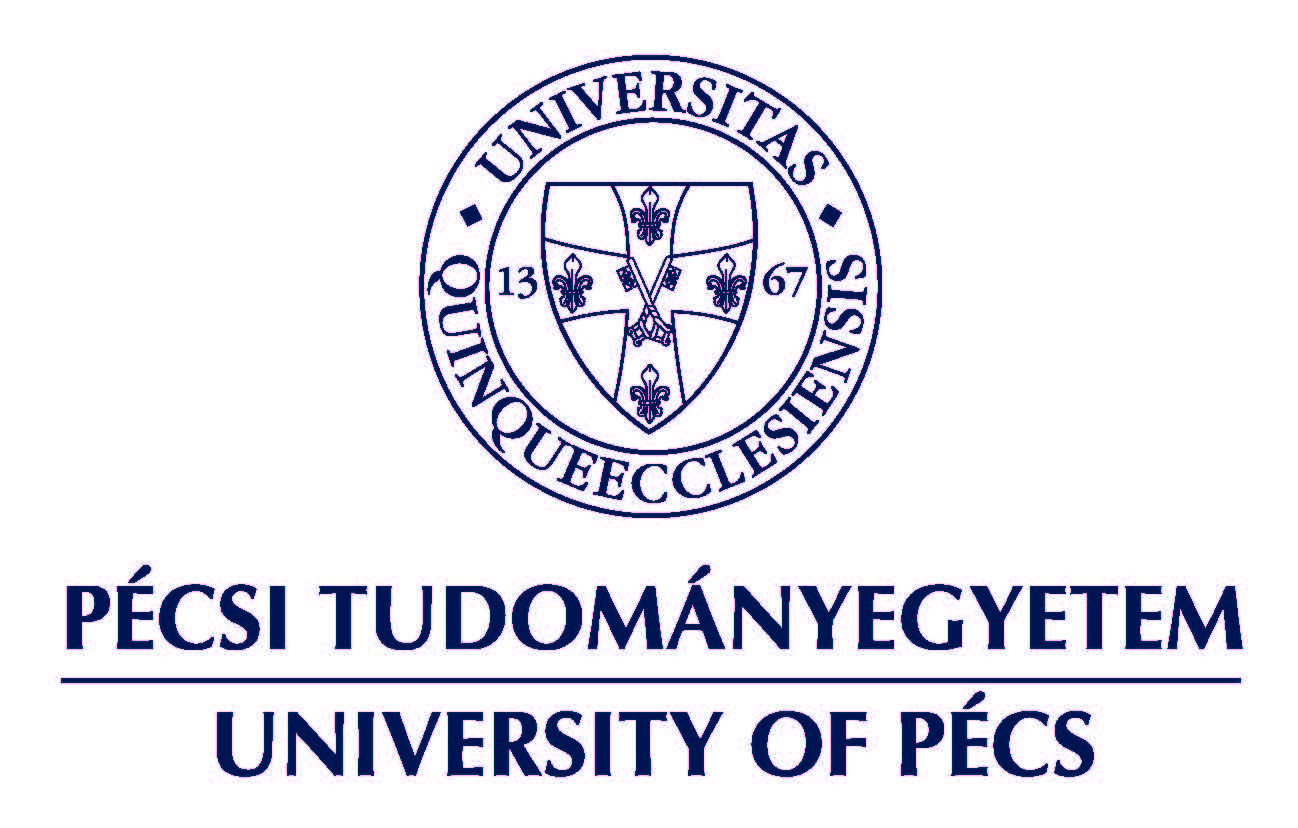 | The University of Pécs (UP), established in 1367, is Hungary's oldest university and a major academic and research institution. With its diverse faculties and cutting-edge research programs, it serves as a key driver of knowledge, innovation, and economic development in the South Transdanubian region. The university has a strong commitment to interdisciplinary research, international collaboration, and regional development. The Faculty of Engineering and Informatics (FEIT) is one of the most prominent faculties of UP and plays an essential role in Hungarian higher education and technological research. As a major research centre in the South Transdanubian region, FEIT is recognised for its contribution to applied research, innovation and industrial partnerships. | ||
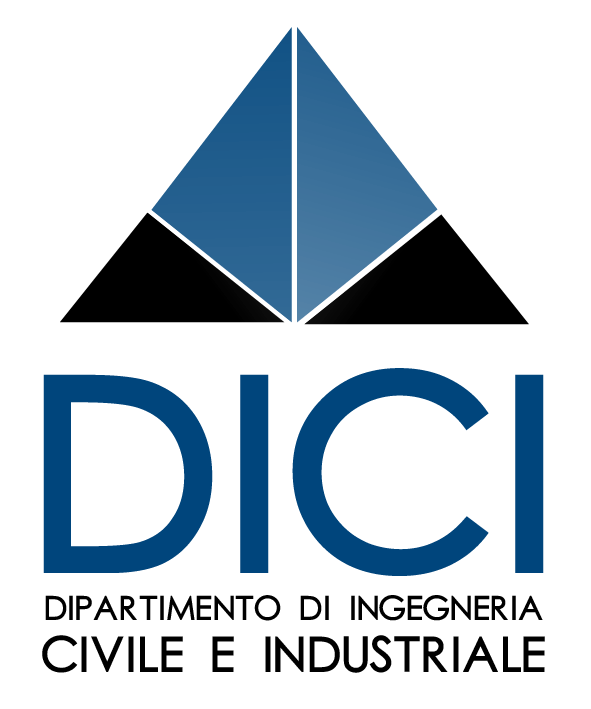 | The Department of Civil and Industrial Engineering of the University of Pisa was funded in 2012 merging the departments of: aerospace engineering, chemical engineering, industrial chemistry and materials science, mechanical, nuclear and manufacturing and civil engineering. Multidisciplinarity is one of the distinctive elements of the Department, whose research activities are located in the thematic areas of Aerospace Engineering, Energy, Safety & Environment, Civil Protection, Logistics and Transport Systems, Materials Engineering and Nanotechnology, Mechanical Industry, Infrastructures, Construction, Durability and Cultural Heritage, Nuclear Engineering, Process and Production Engineering. | ||
The Materialprüfungsanstalt Universität Stuttgart (MPA Stuttgart, Otto-Graf-Institut (FMPA)) is a central institution of the Universität of Stuttgart. It has been successful in materials testing and materials research in nearly all fields of mechanical engineering and civil engineering. | |||
 | The University of Trento was founded in 1962 and has always aimed at building alliance and reciprocal efficiency with Italian and foreign institutions and organizations. In 1982, the University (until then private) became public, with a statute that guaranteed self-government. | ||
 | Universitat Politècnica de Catalunya (UPC) The Universitat Politècnica de Catalunya · BarcelonaTech (UPC) is a leading public technical university in Europe, focused on engineering, architecture, sciences, and technology. Renowned for its excellence, UPC consistently ranks among the best universities globally in fields like Civil & Structural Engineering and Architecture & Built Environment. This focus translates into strong career outcomes: 95% of graduates are employed, with 88% finding a job within three months of graduating. UPC researchers conduct intensive Research, Development, and Innovation (RDI) activities focused on technological areas with high social impact, and are active participants in a large number of international scientific networks. | ||
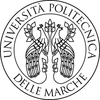 | UNIVPM - Università Politecnica delle Marche Established in 1969, Università Politecnica delle Marche (Marche Polytechnic University) is a non-profit public higher education institution located in the urban setting of the large town of Ancona (population range of 50,000-249,999 inhabitants), Marche. This institution has also branch campuses in the following location(s): Ascoli Piceno, Macerata, Pesaro. Officially accredited and/or recognized by the Ministero dell'Istruzione, dell'Università e della Ricerca, Italia. | ||
 | Located in the centre of a city on a human scale, the university is only two hours away from Paris and one hour from prestigious sites such as Mont Saint-Michel or Saint-Malo. Building on our assets and committed to taking part in 21st-century innovation and knowledge, one of our top priorities is to create a vibrant international university. The Université de Rennes 1 has four main research sectors, linked to four graduate schools: Mathematics and ICT (Information and Communication Sciences & Technologies), Life and Health Sciences, Material Sciences, Humanities and Social Sciences. | ||
 |
| ||
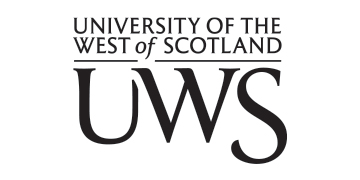 | University of West Scotland - School of Computing, Engineering & Physical Sciences Our engineering courses are designed to take into account and anticipate industry needs; their delivery is supported by excellent on-campus facilities; and our programmes are strongly aligned to industry, professional bodies and other institutions. Our computing courses are developed in line with industry needs and we teach tomorrow’s technologies today – giving you a platform to launch or progress your career in this fast-changing industry. We offer access to high-quality computing and state-of-the-art software systems as well as tried and tested in-demand technologies such as Oracle, CIW, Adobe, CISCO, SAP and Microsoft. | ||
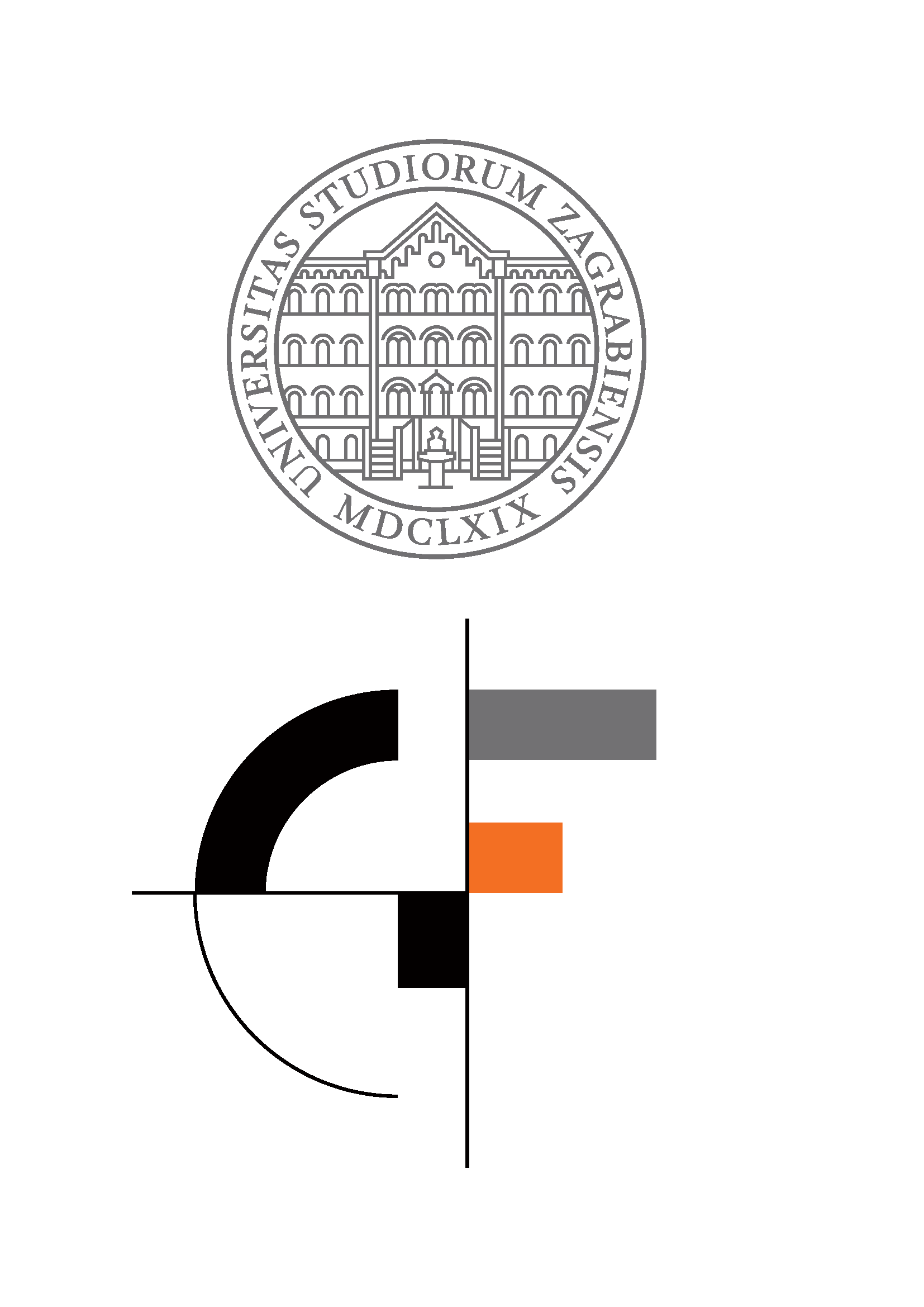 | University of Zagreb - Faculty of Civil Engineering The Faculty of Civil Engineering of the University of Zagreb is the oldest civil engineering faculty in Croatia conducting university education at an undergraduate, graduate and postgraduate level in all branches of civil engineering. It is continually developing and advancing higher education, scientific research activities and overall education, and actively participates in the development of the profession and implementation of new technologies. The Faculty has five laboratories: for materials, for testing structures, geotechnical laboratory, laboratory for ecology and laboratory for water survey. | ||
| The Laboratory for Testing Materials and Structures (LEMEJ) was created by the National University of the North West of the Province of Buenos Aires (UNNOBA) for advising, training and rendering services to third parties in the fields of materials, structures, constructions and industrial products. Research activities are also carried out at the laboratory with the purpose of producing scientific knowledge and fostering technology transfer. The laboratories and testing rooms of LEMEJ have the appropriate equipment for the control, dosing, analysis, material characterization and mechanical testing. What is more, all activities are carried out by highly qualified human resources. | ||
 | The non-profit organisation VDZ gGmbH pools the joint activities of German cement manufacturers in order to promote knowledge, technology and research and development in the field of manufacture and use of hydraulic binders. Drawing on more than 140 years of research experience, VDZ gGmbH gathers and produces new findings for the purpose of:
| ||
 | Vilnius Gediminas Technical University (VGTU) Vilnius Gediminas Technical University (VGTU) is a leading higher education institution situated in Vilnius the capital of Lithuania. Established in 1956 VGTU is one of the biggest research universities in country with a focus on technologies and engineering and strong emphasis on university-business cooperation. | ||
 | VTT - Technical Research Centre of Finland | ||
 | XiYueFa Group, is a high-tech enterprise. The company is focusing on innovation for sustainable road materials, viz., concrete, bitumen emulsions, asphalt and road coatings. High quality aggregates are produced at XiYueFa’s quarries and the company operates two concrete mills, two asphalt mills, a pre-fab concrete manufacturing facility, a fully automated bitumen emulsion and bitumen modification plant, and various asphalt and concrete paving crews. Recycling is one of the key topics and the company is well-equipped for concrete and asphalt recycling activities. The central research laboratories have developed various new maintenance and preservation concepts for pavements which have successfully been introduced in the market over the last years. | ||
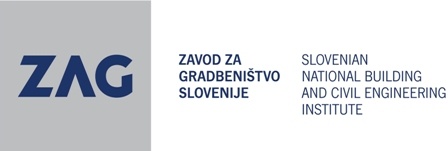 | ZAG- Slovenian National Building and Civil Engineering Institute ZAG is a public research institute and a leading institute in the field of construction in Slovenia. Scientific and research activity is a very important part of our operation in terms of content and strategy. Our research is focused on the development of new materials and technologies that are internationally relevant and help to ensure the sustainable development of Slovenia. By participating in international projects in various fields of construction, we strengthen contacts and exchange knowledge with top research groups worldwide. |




